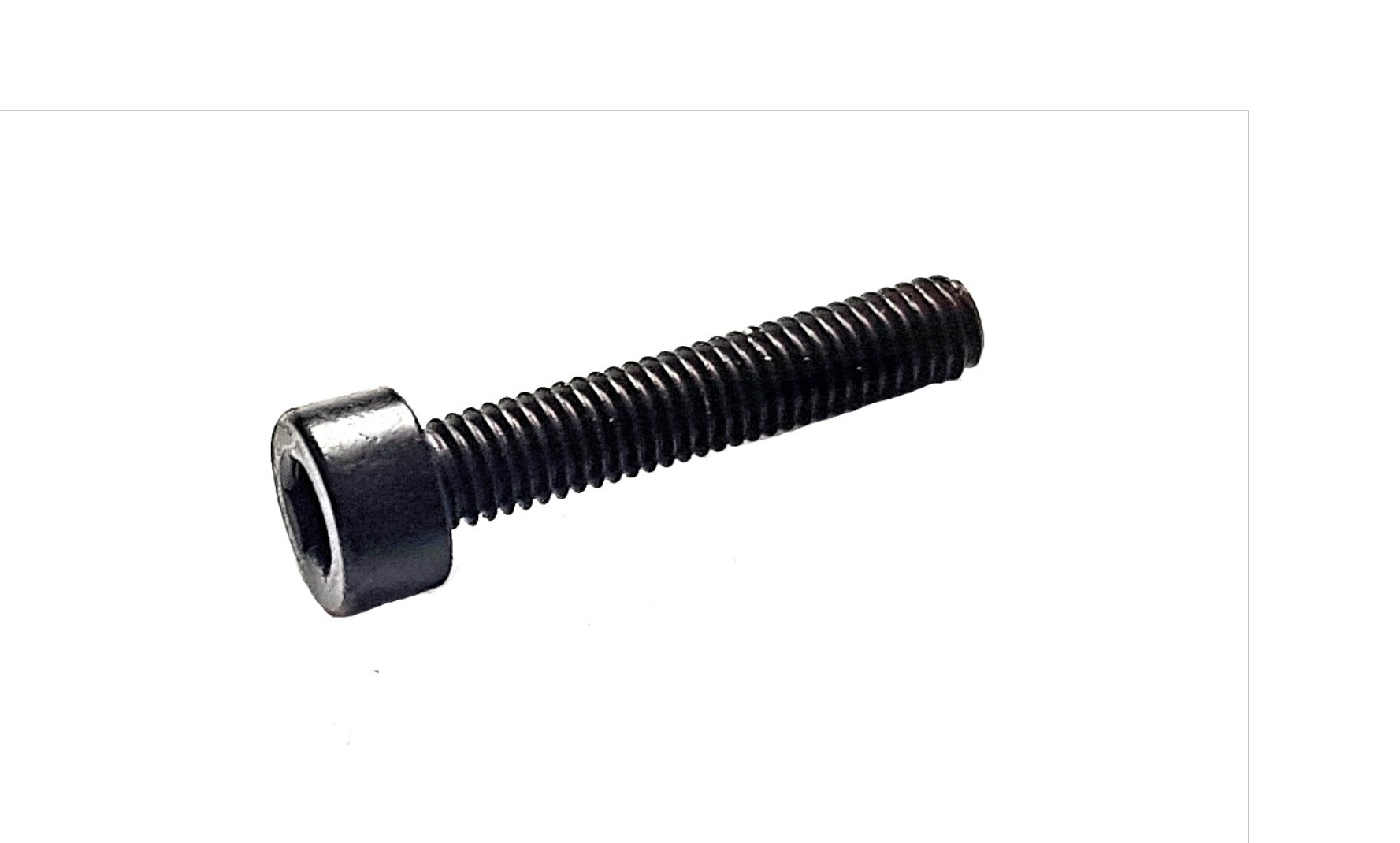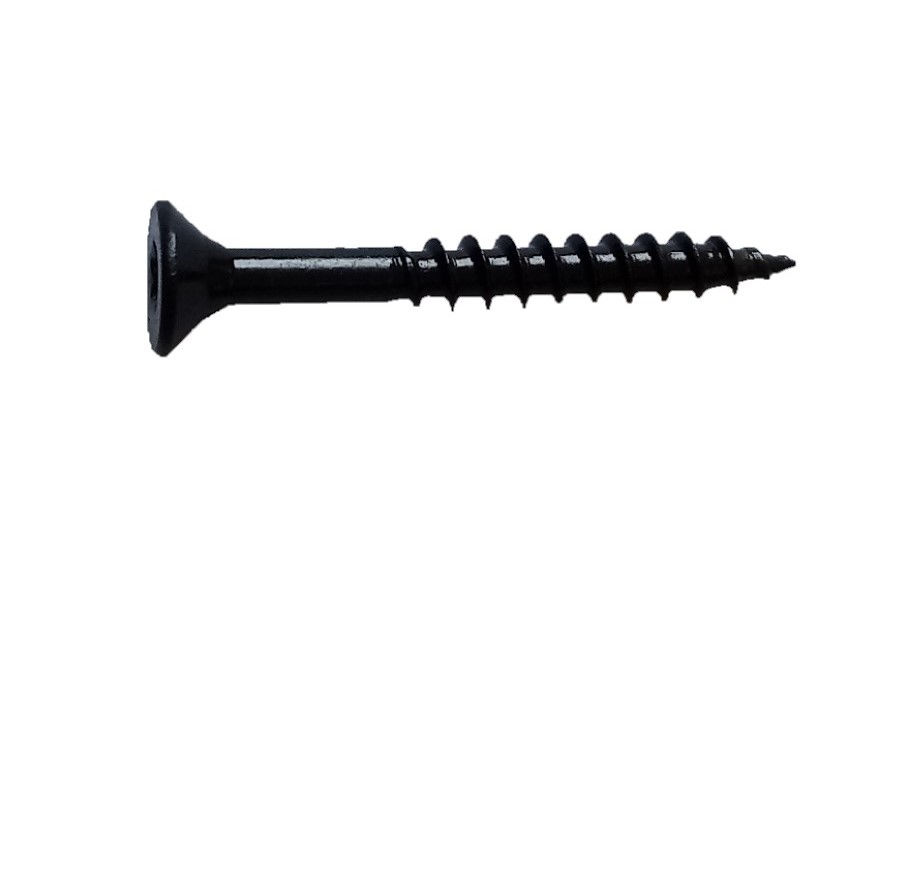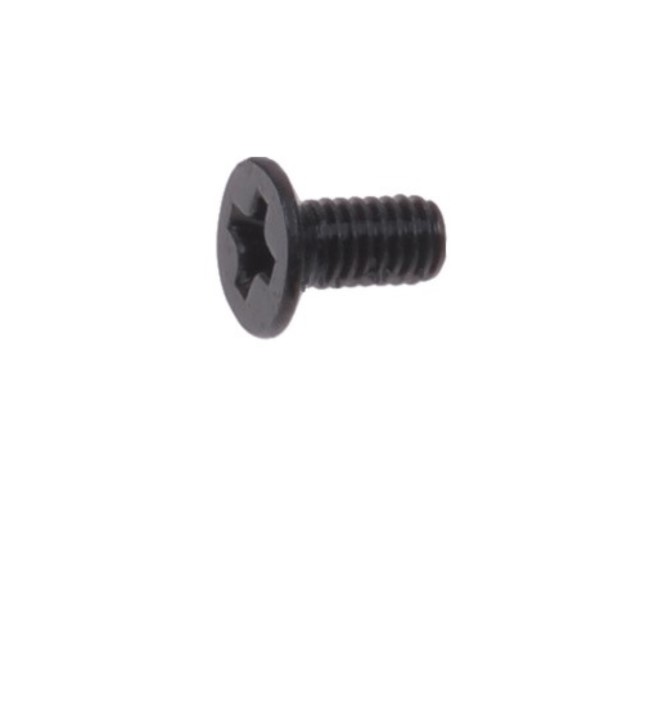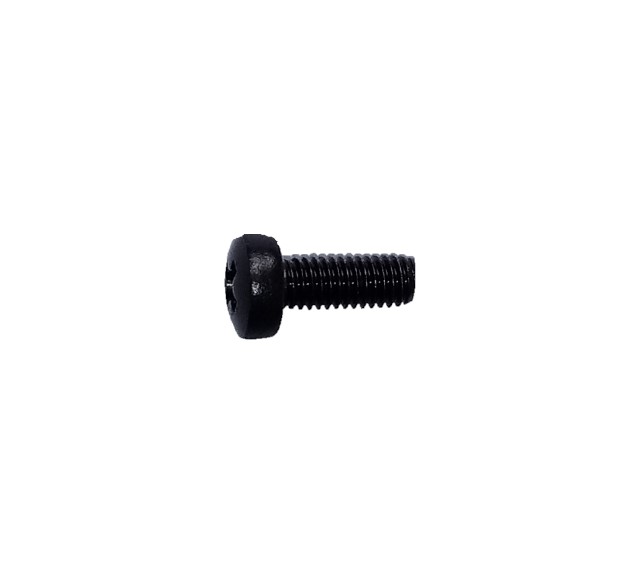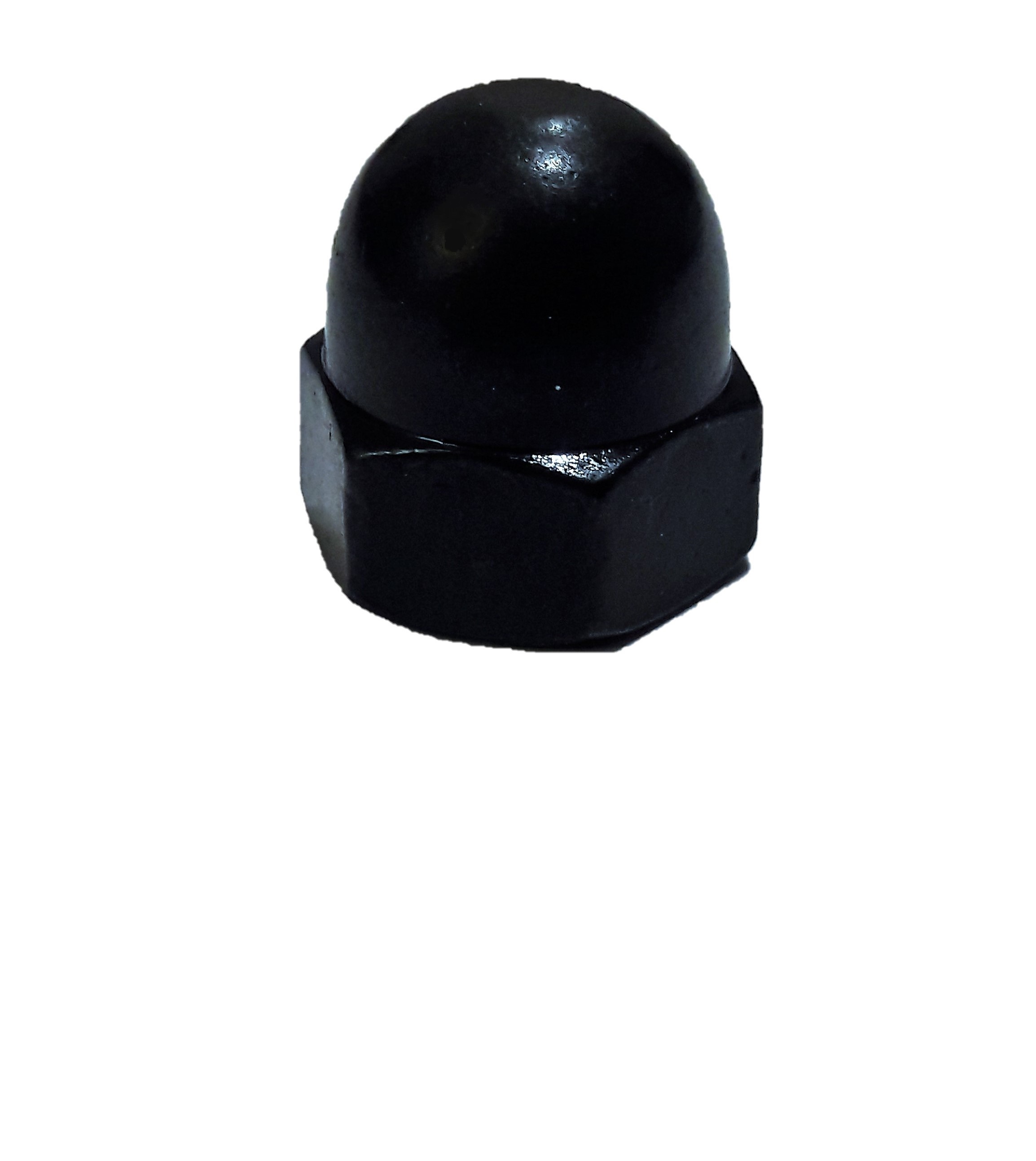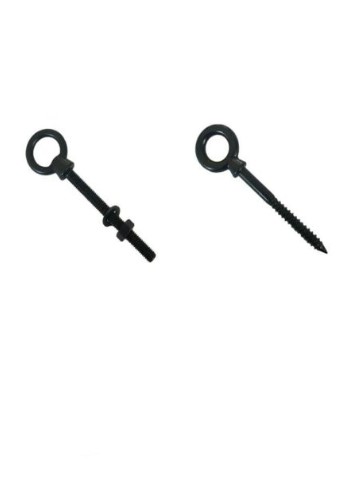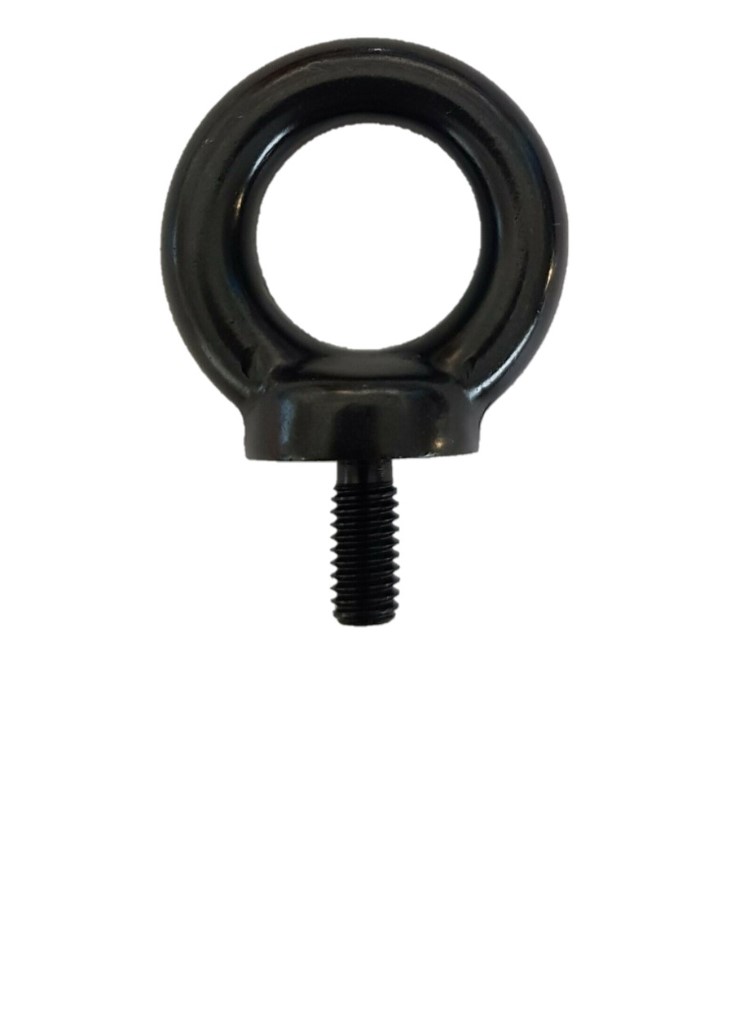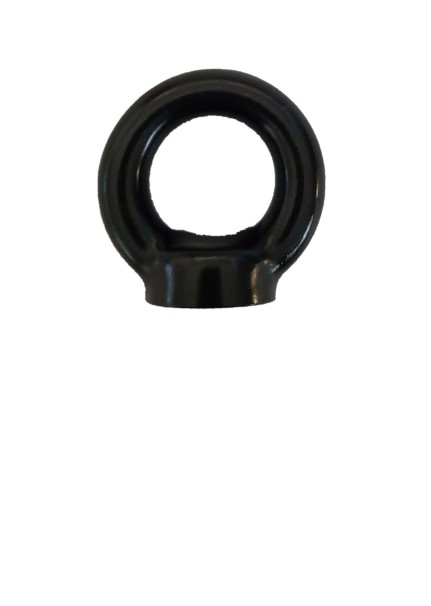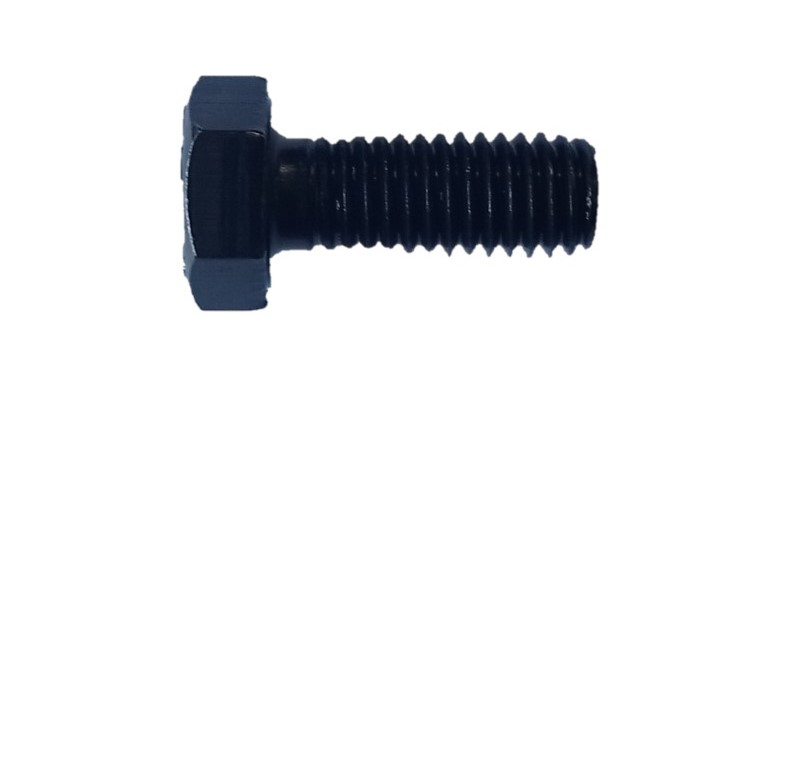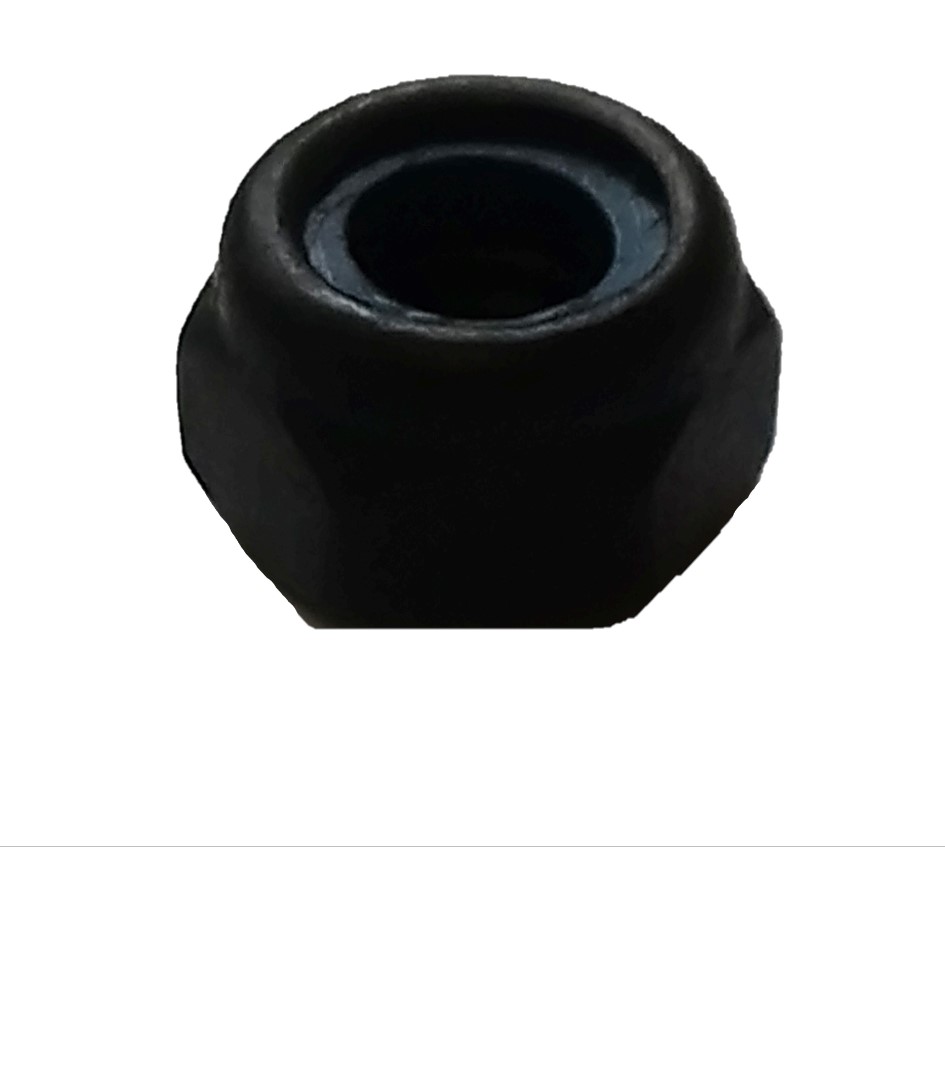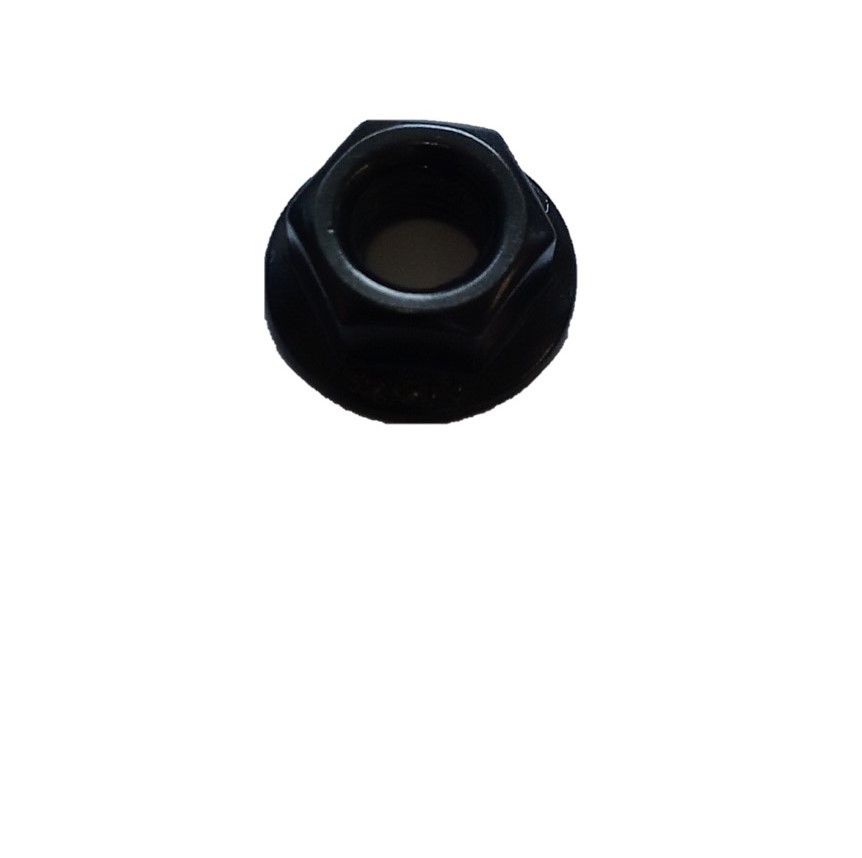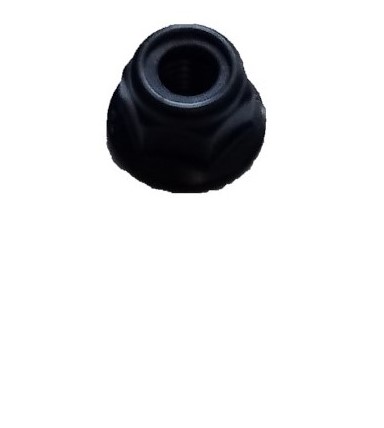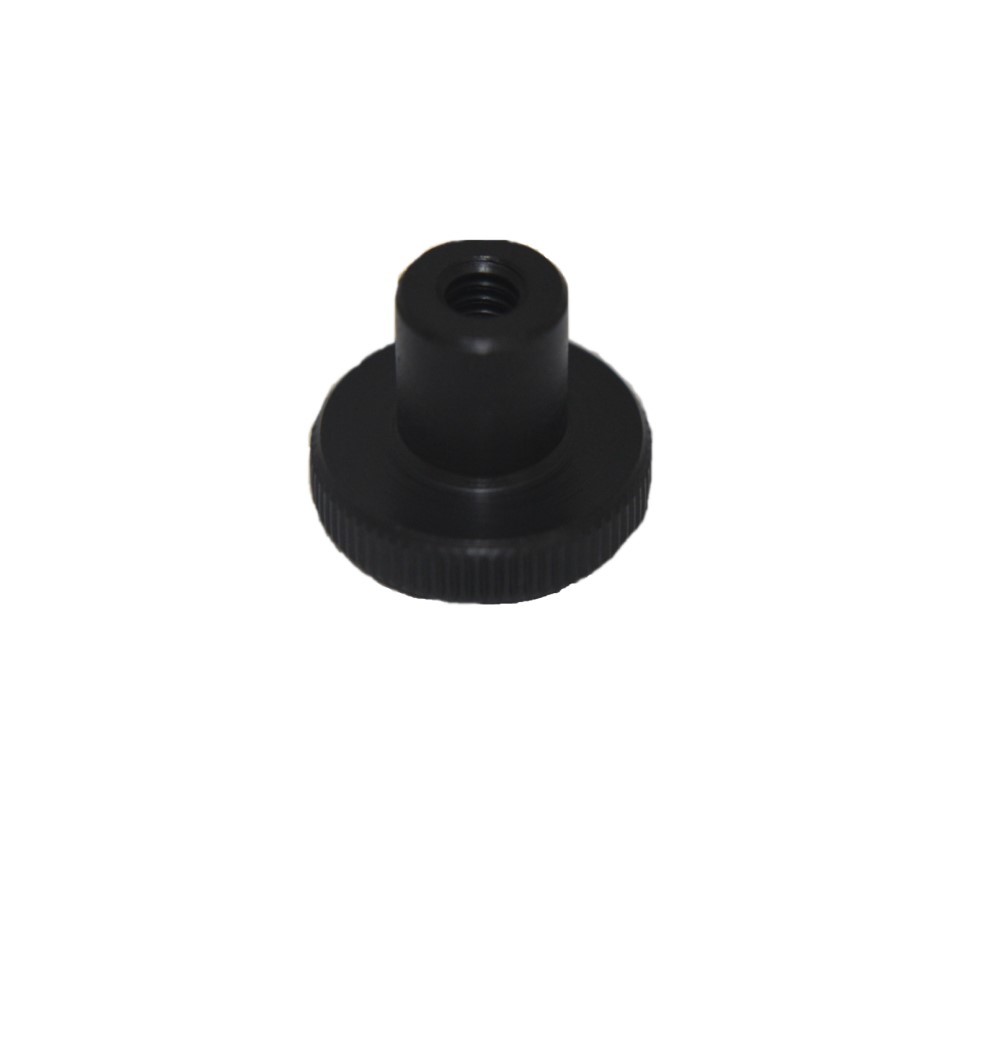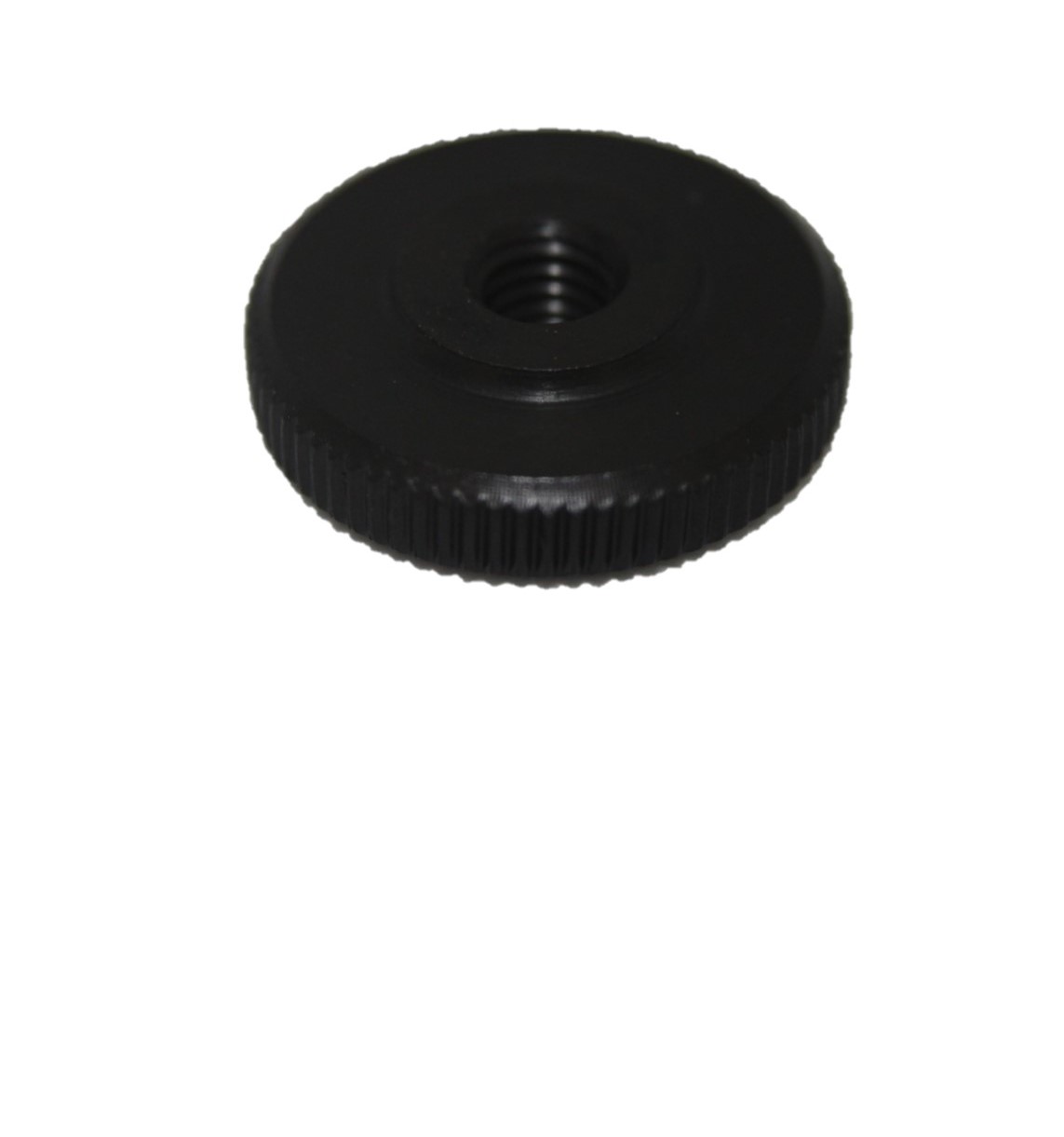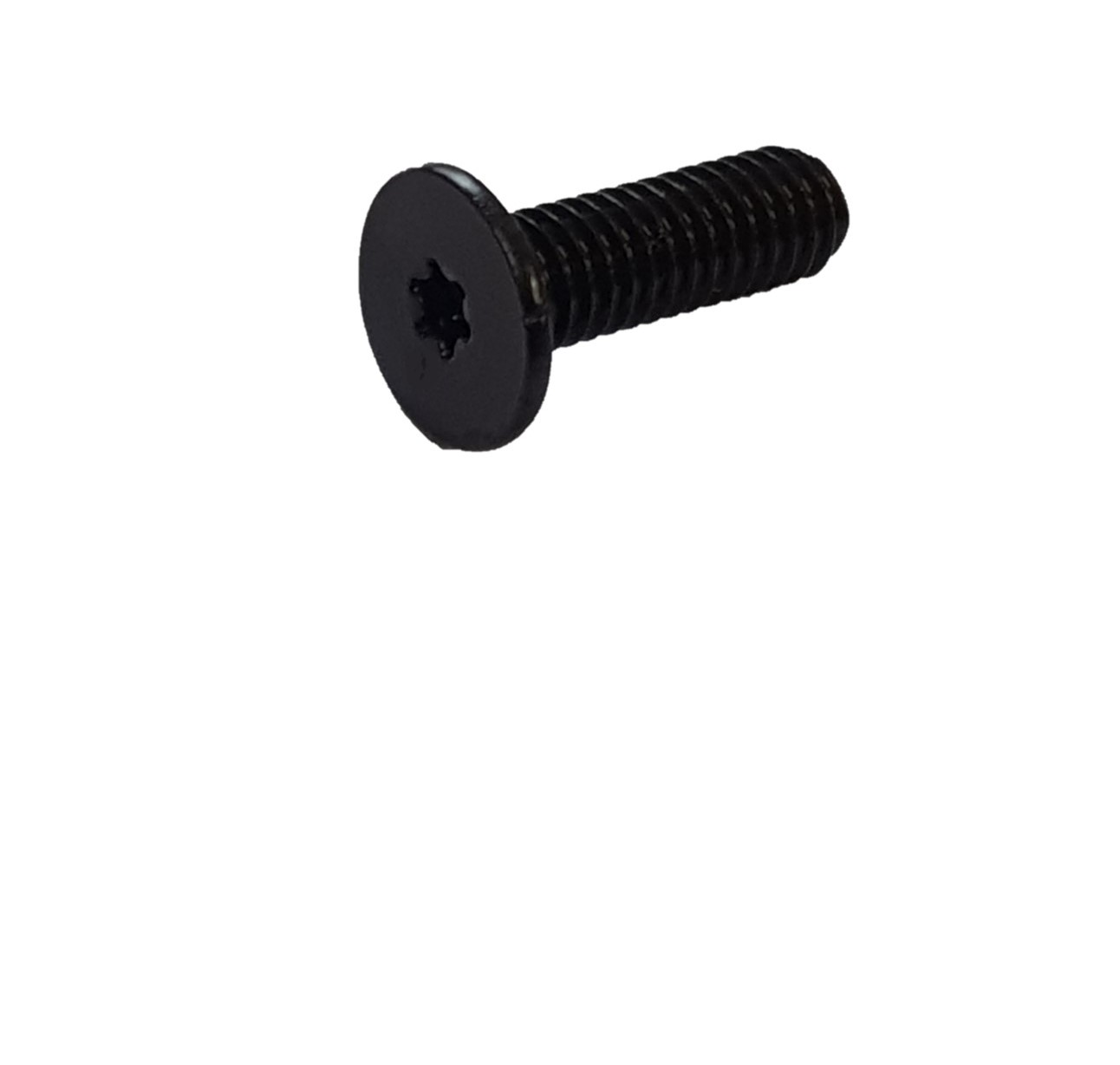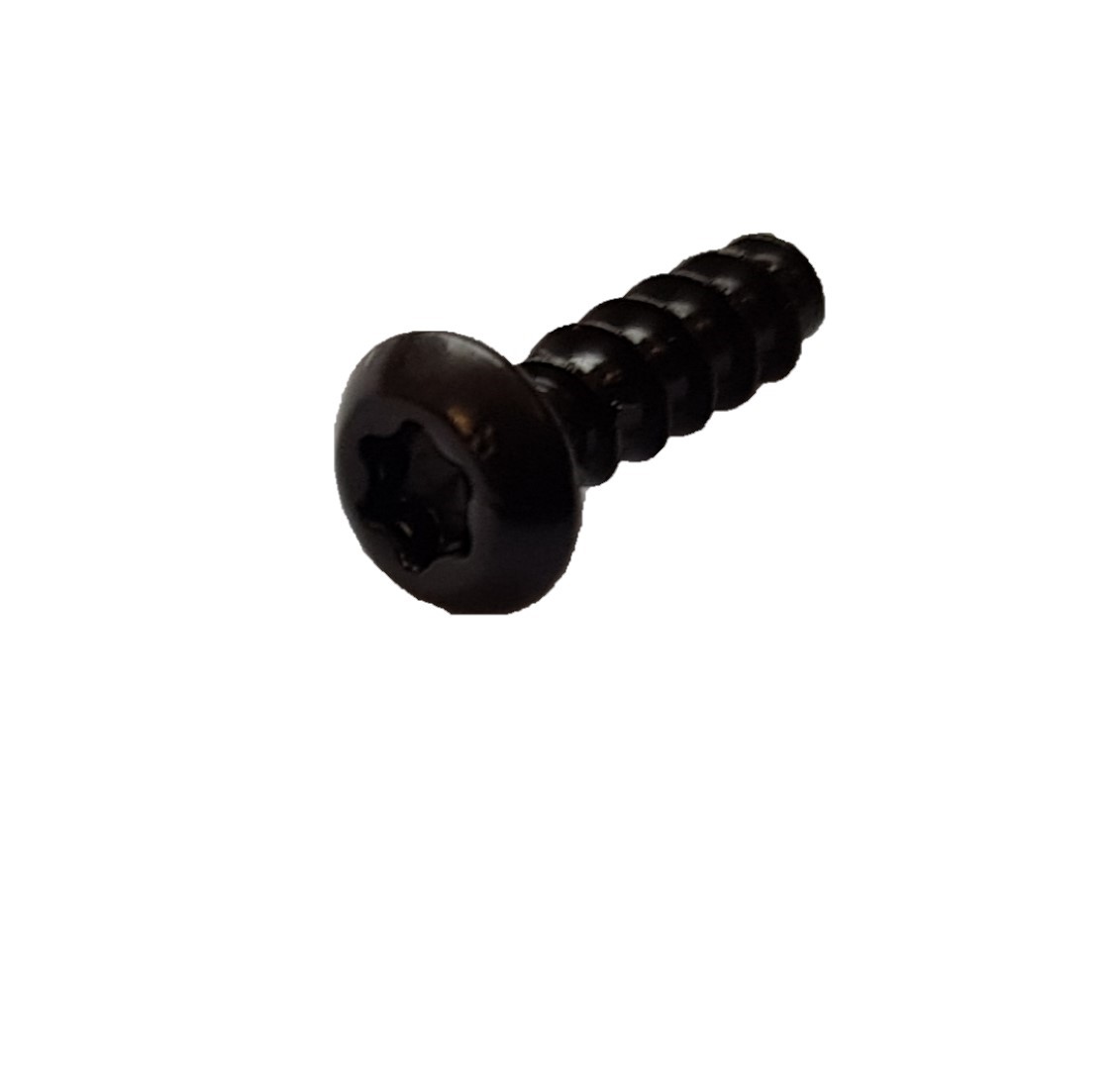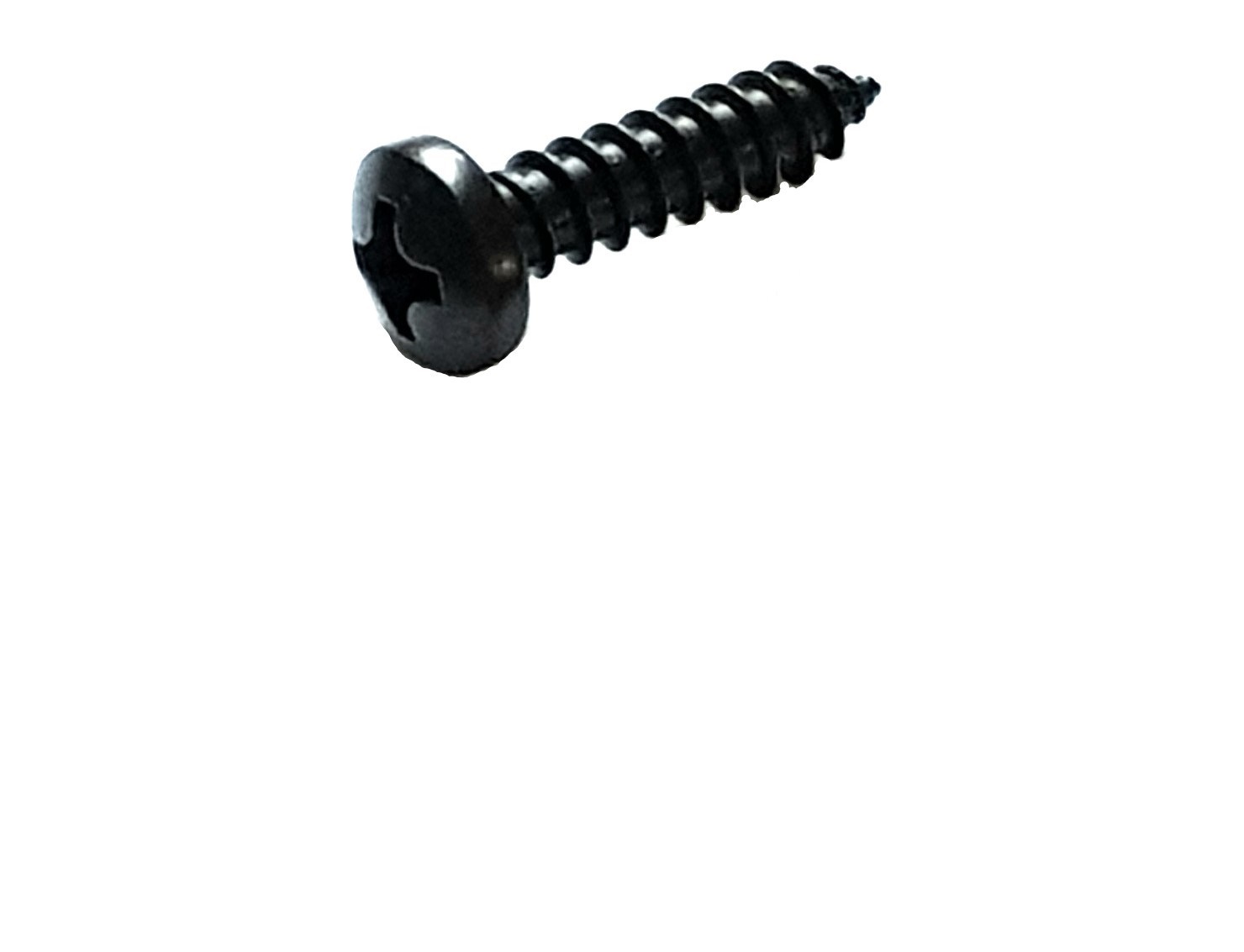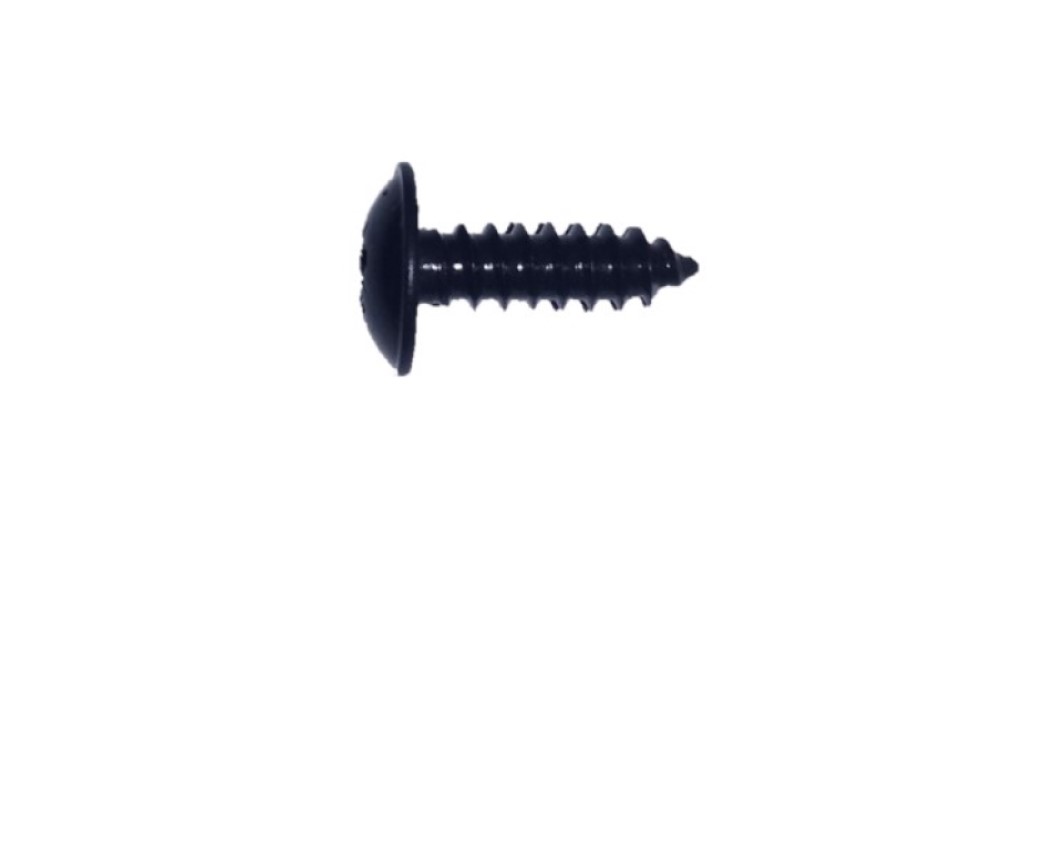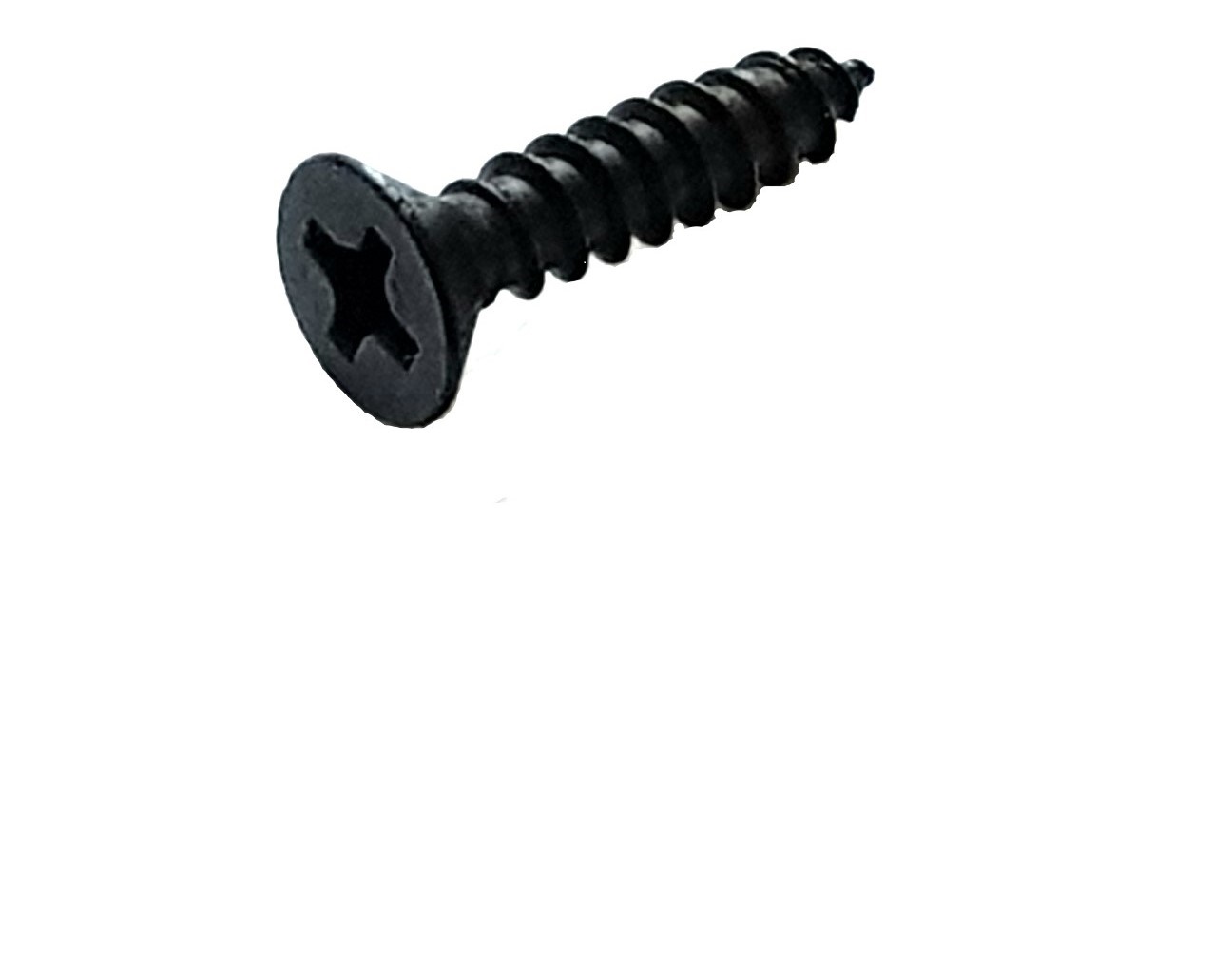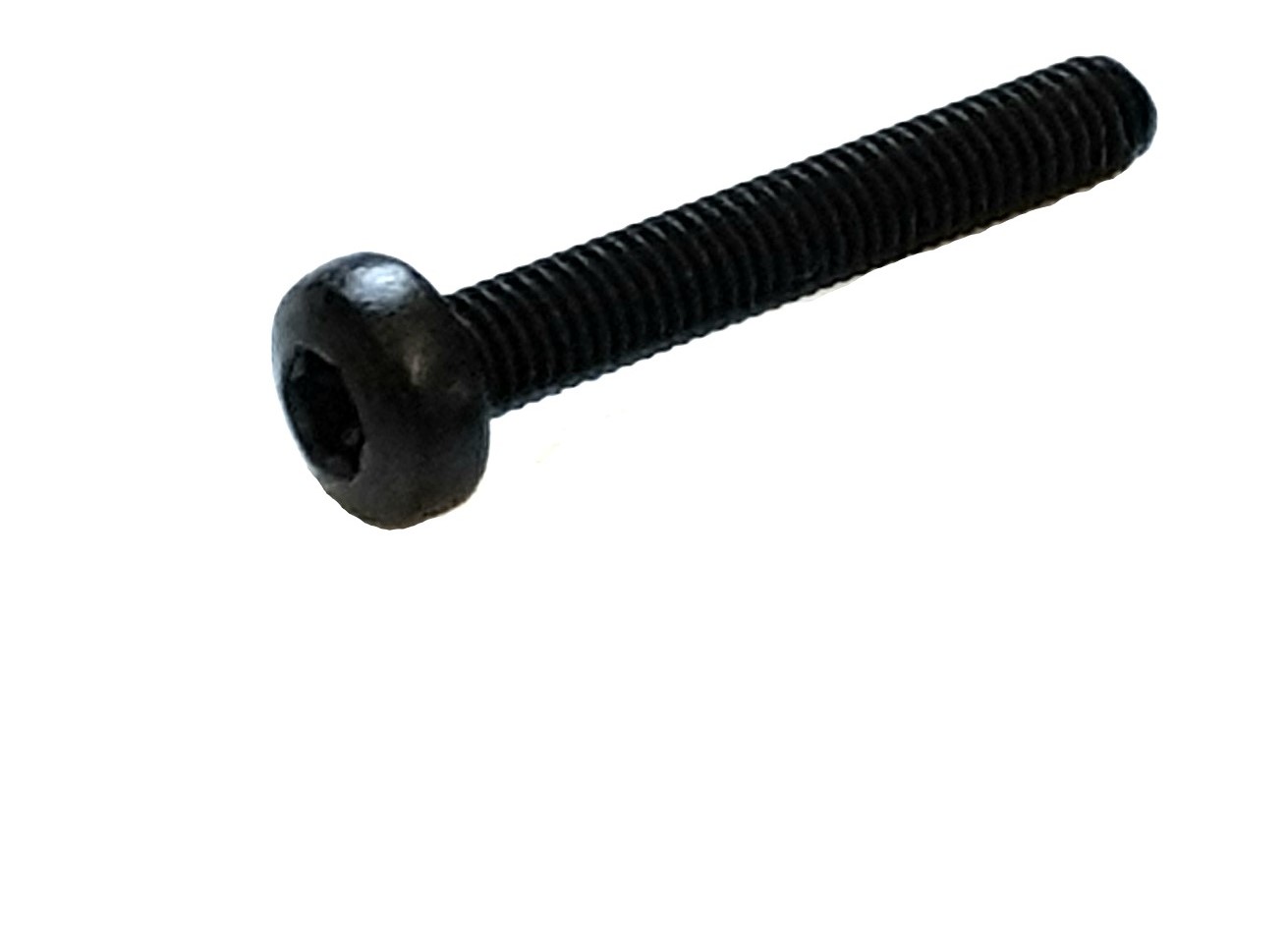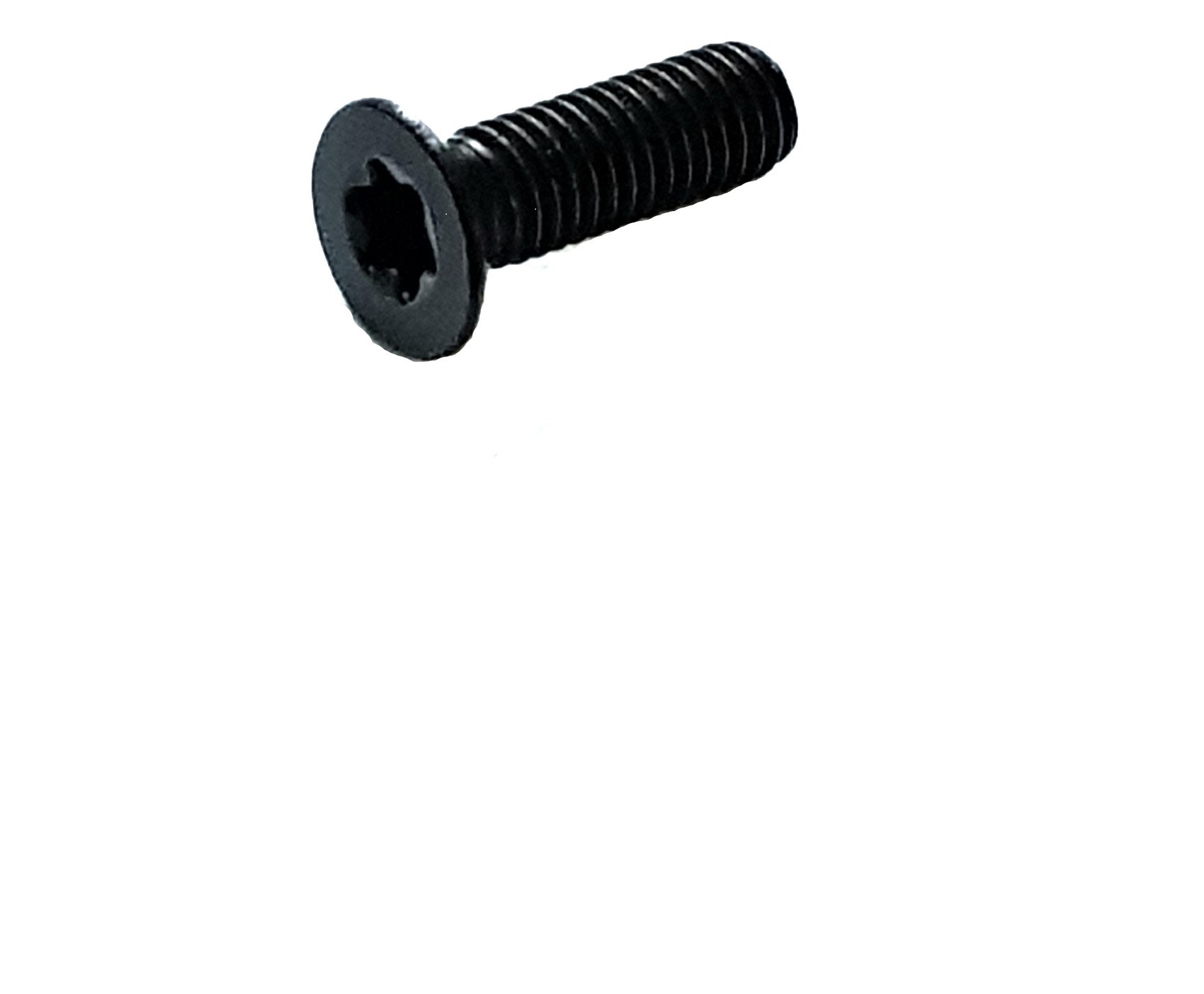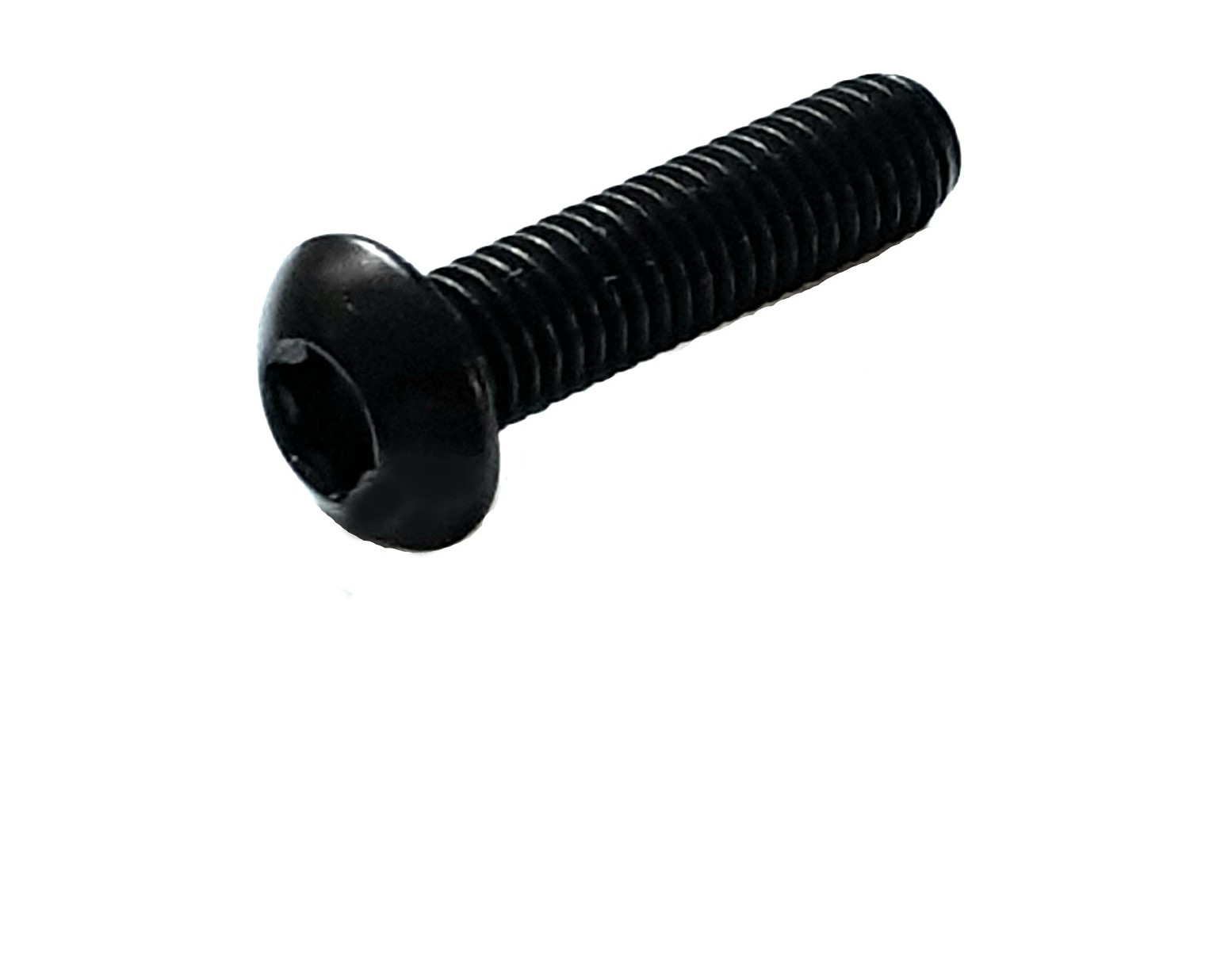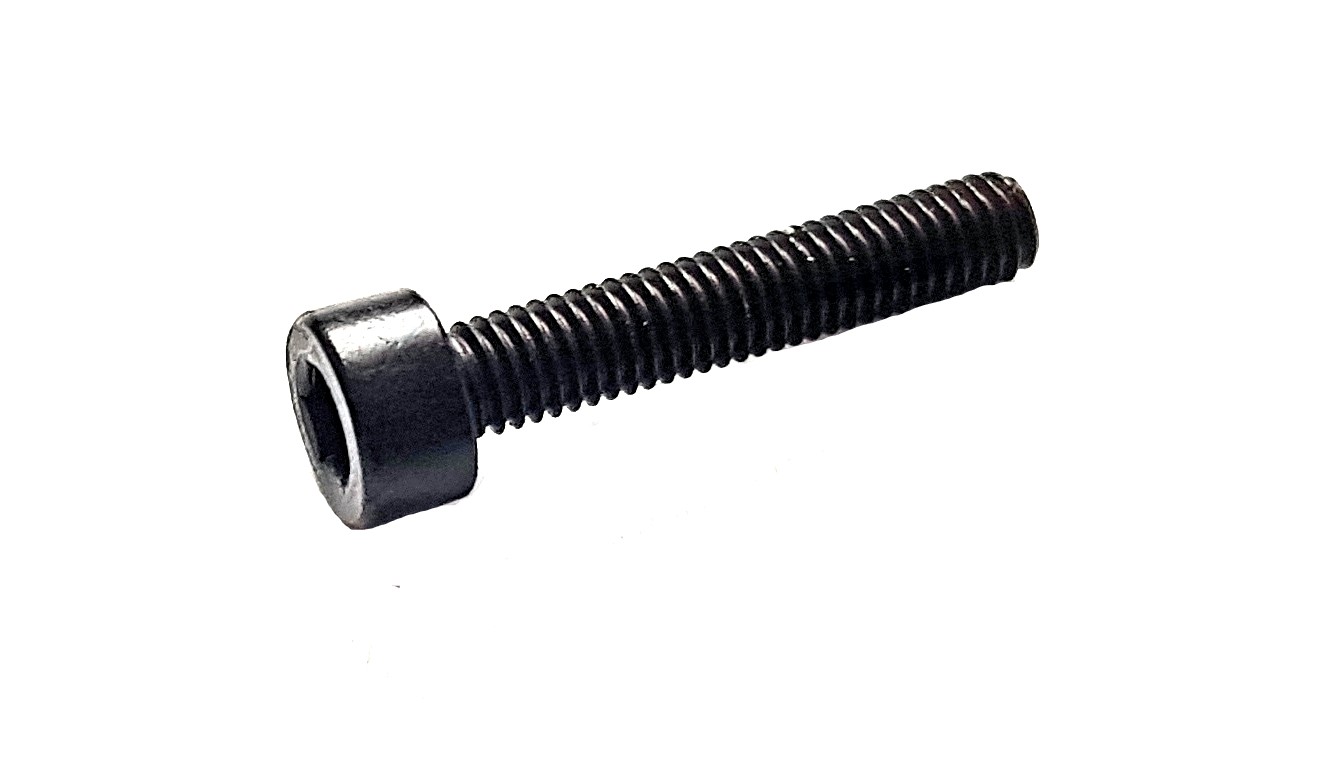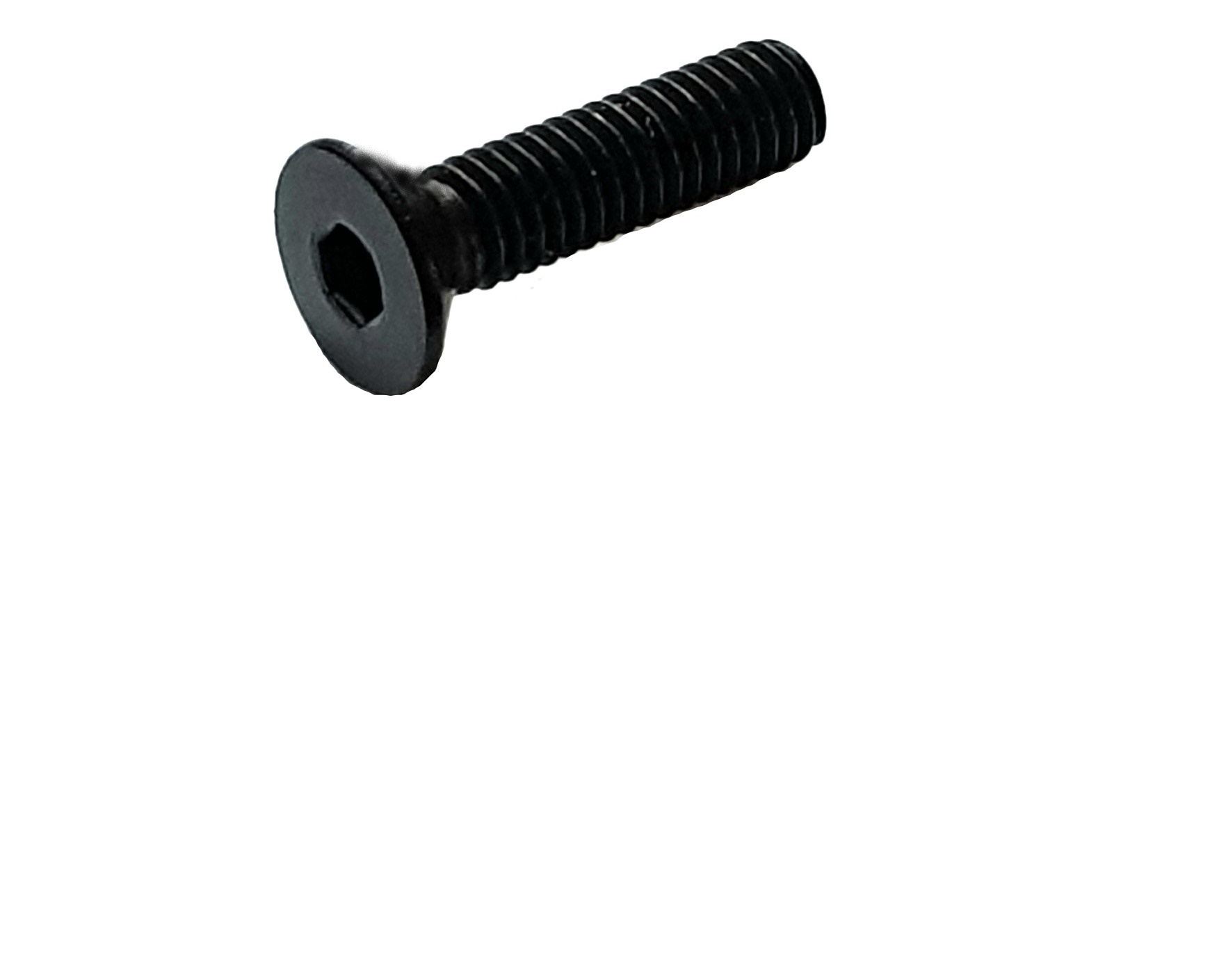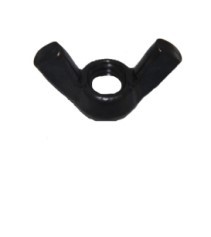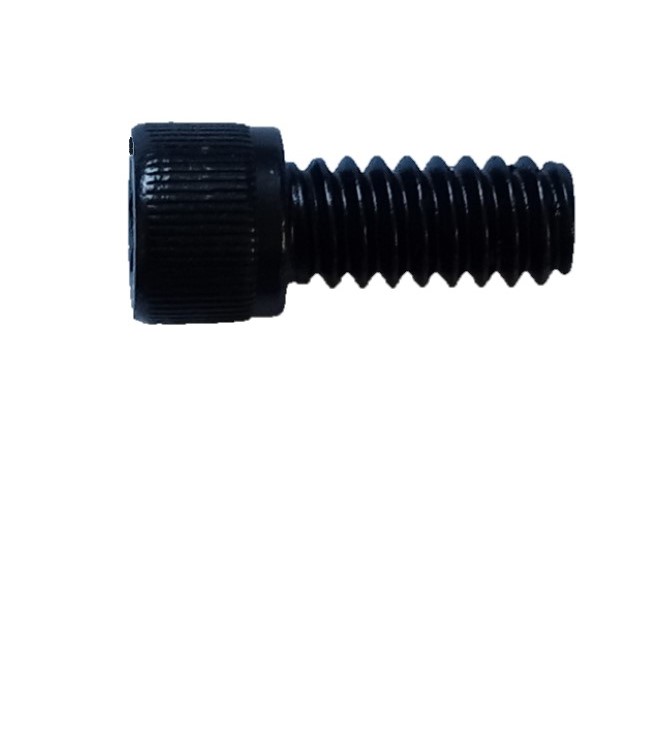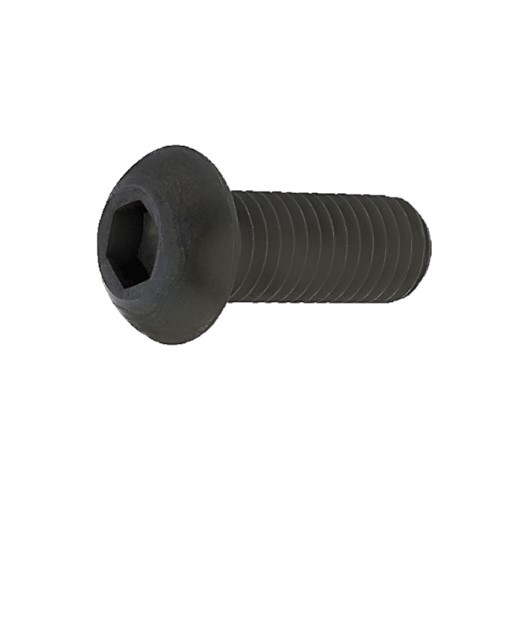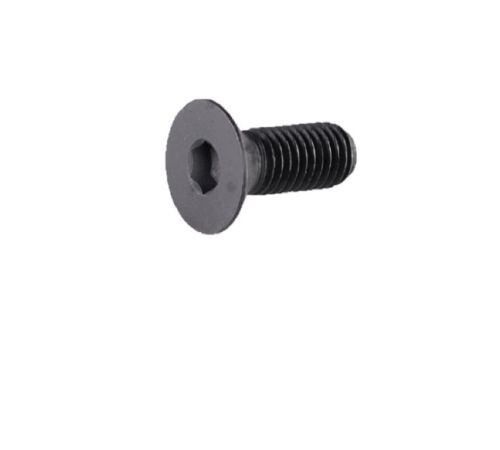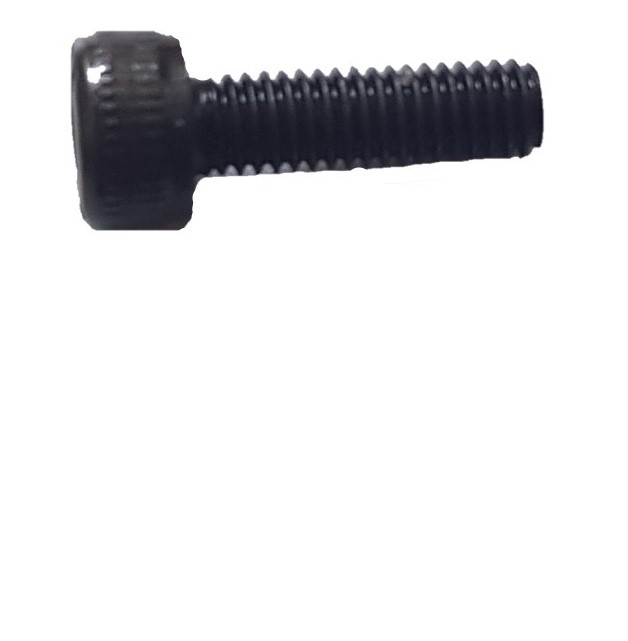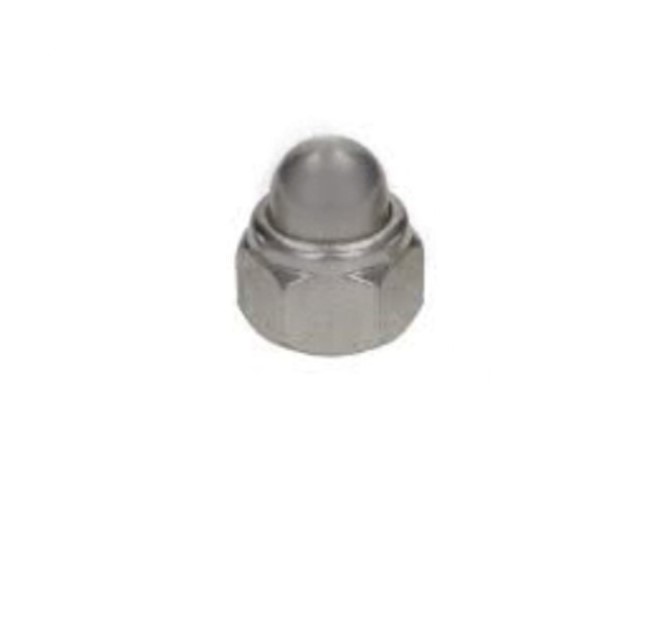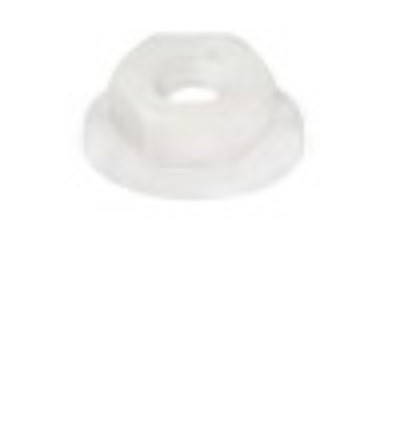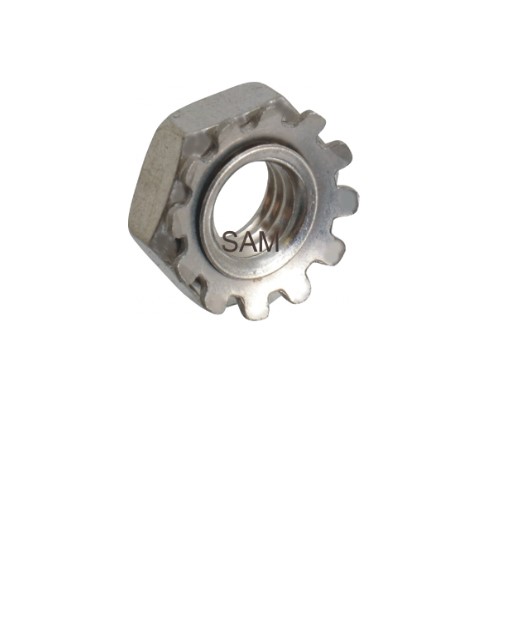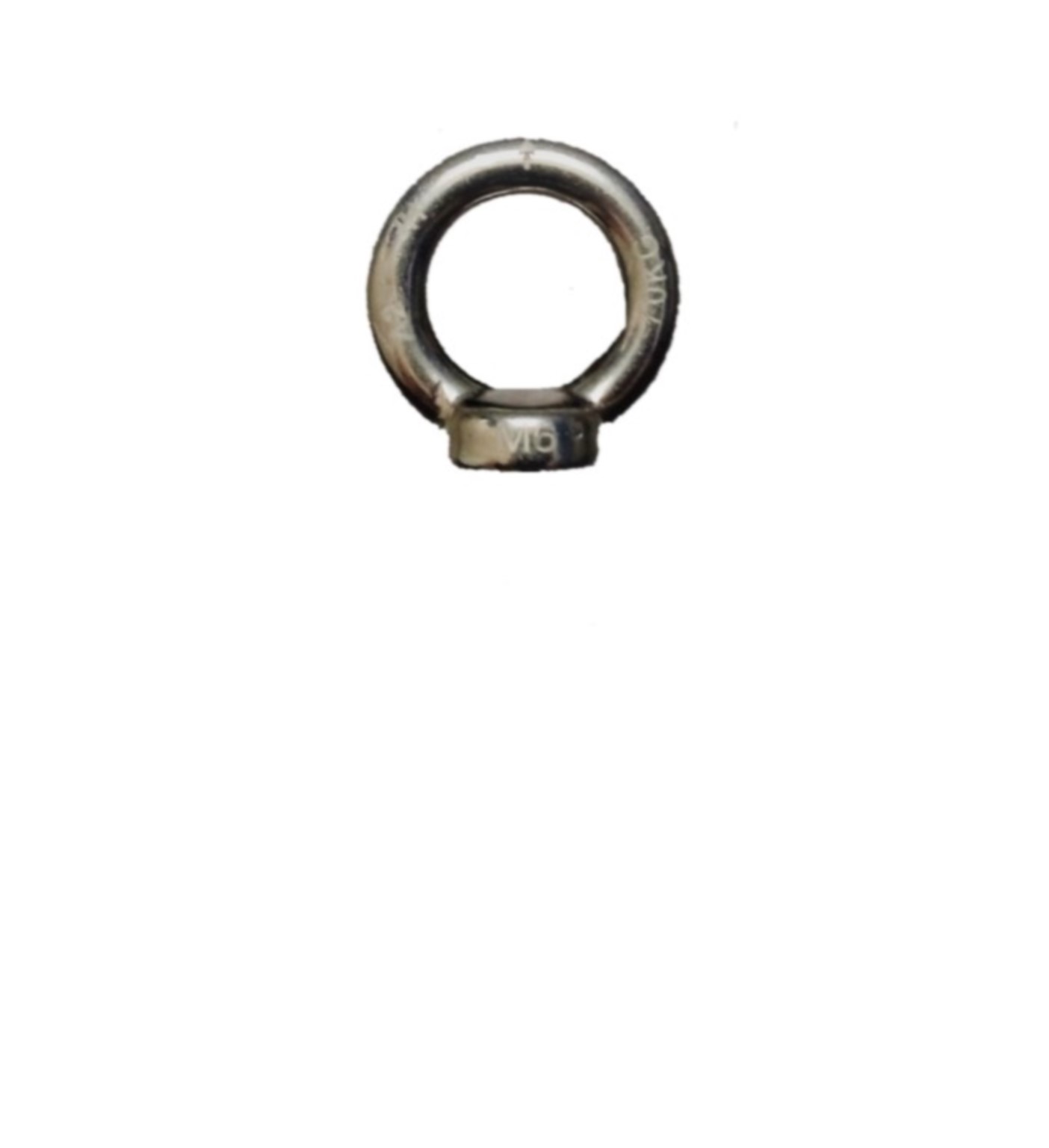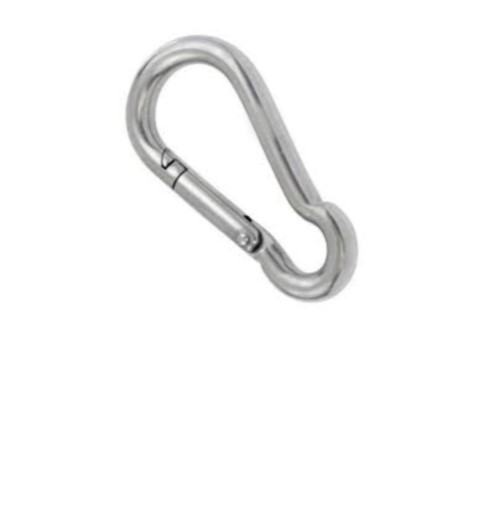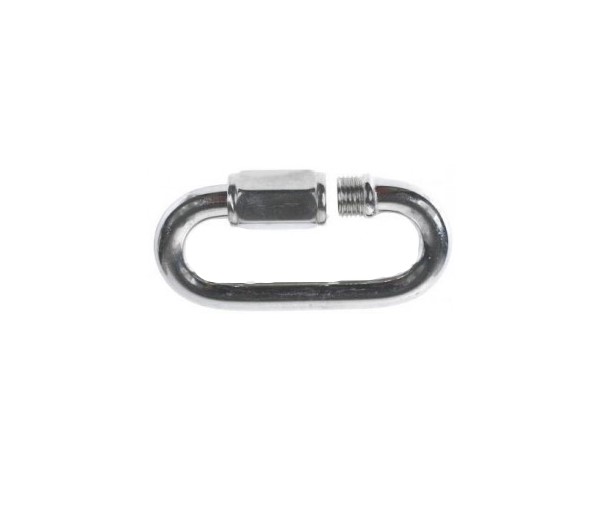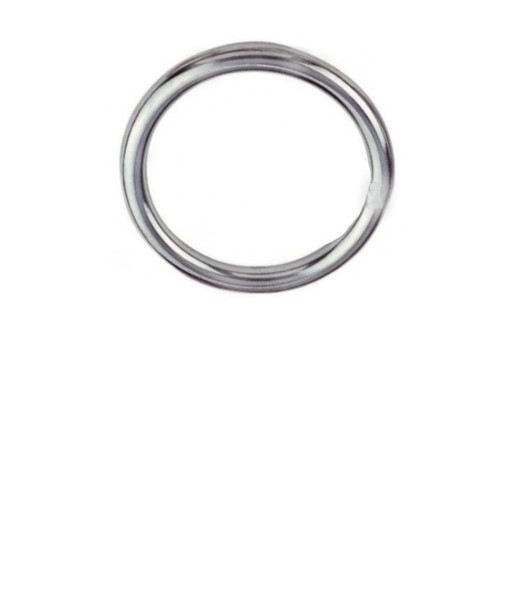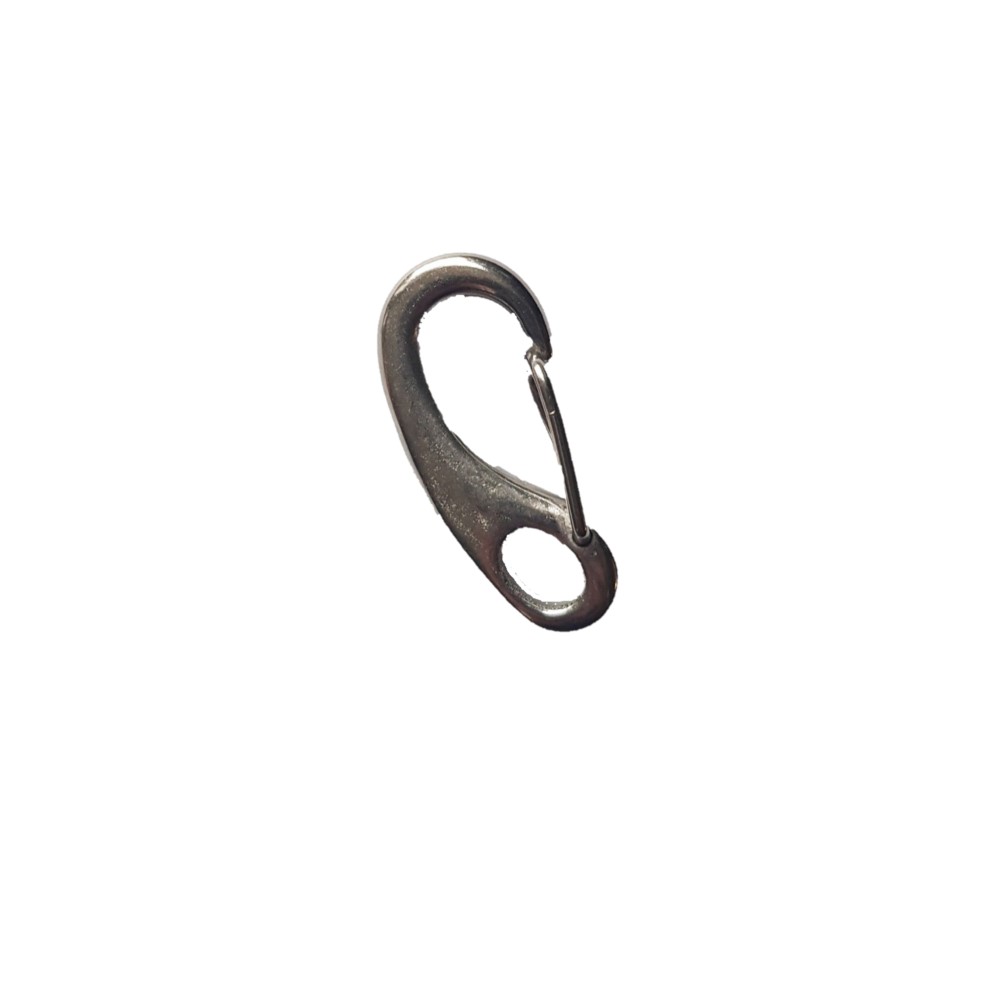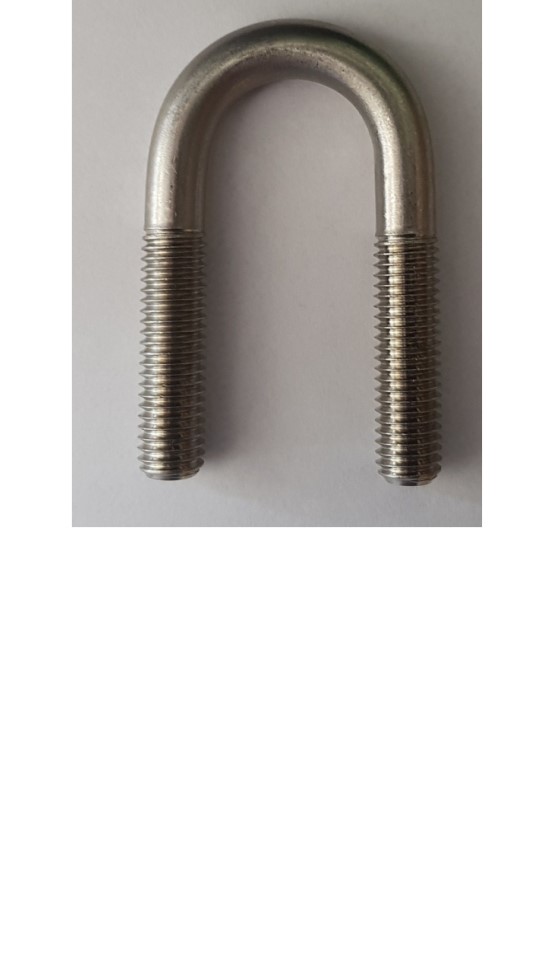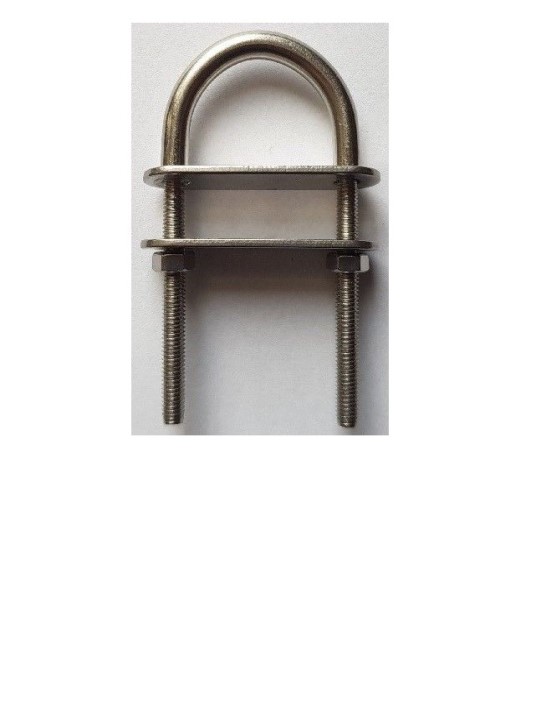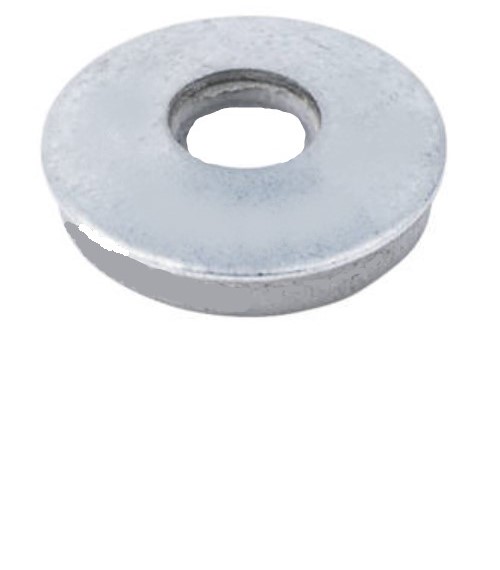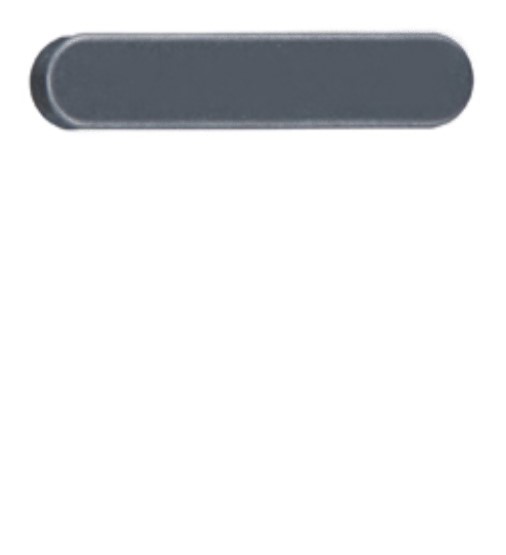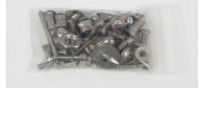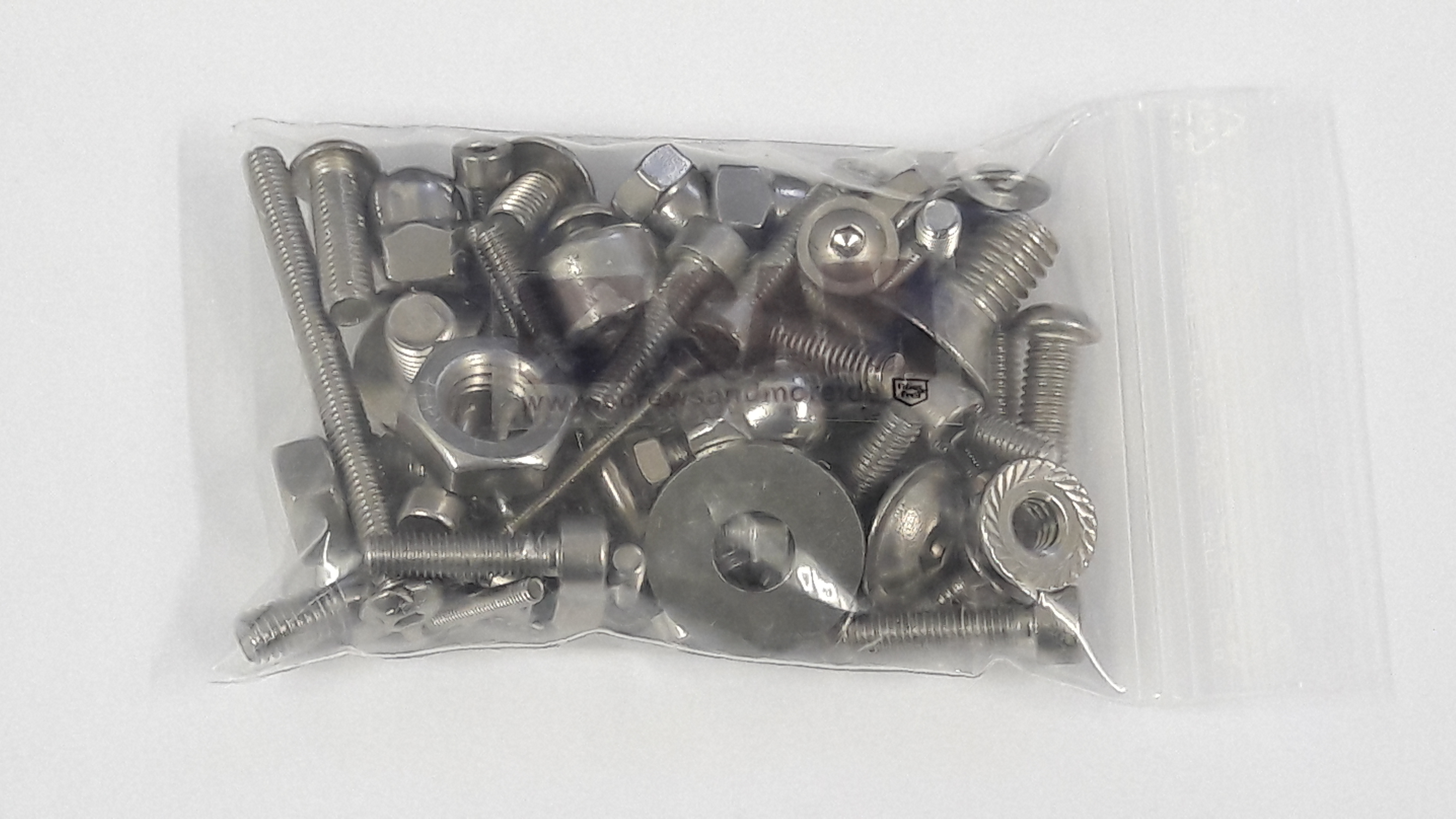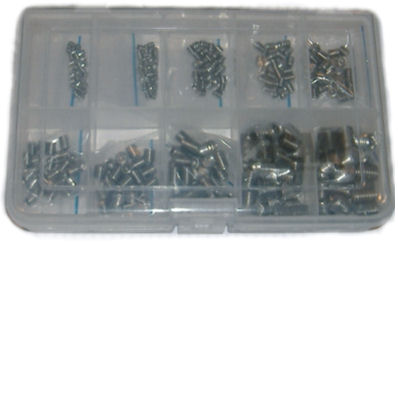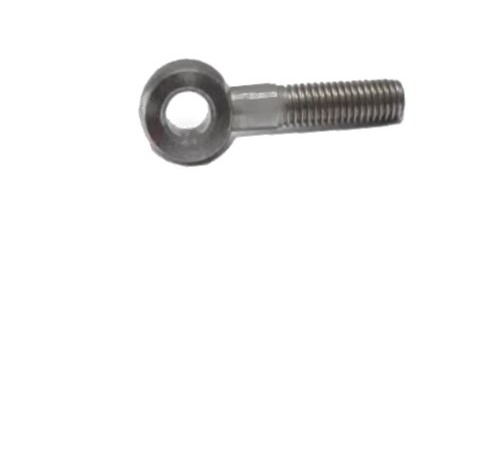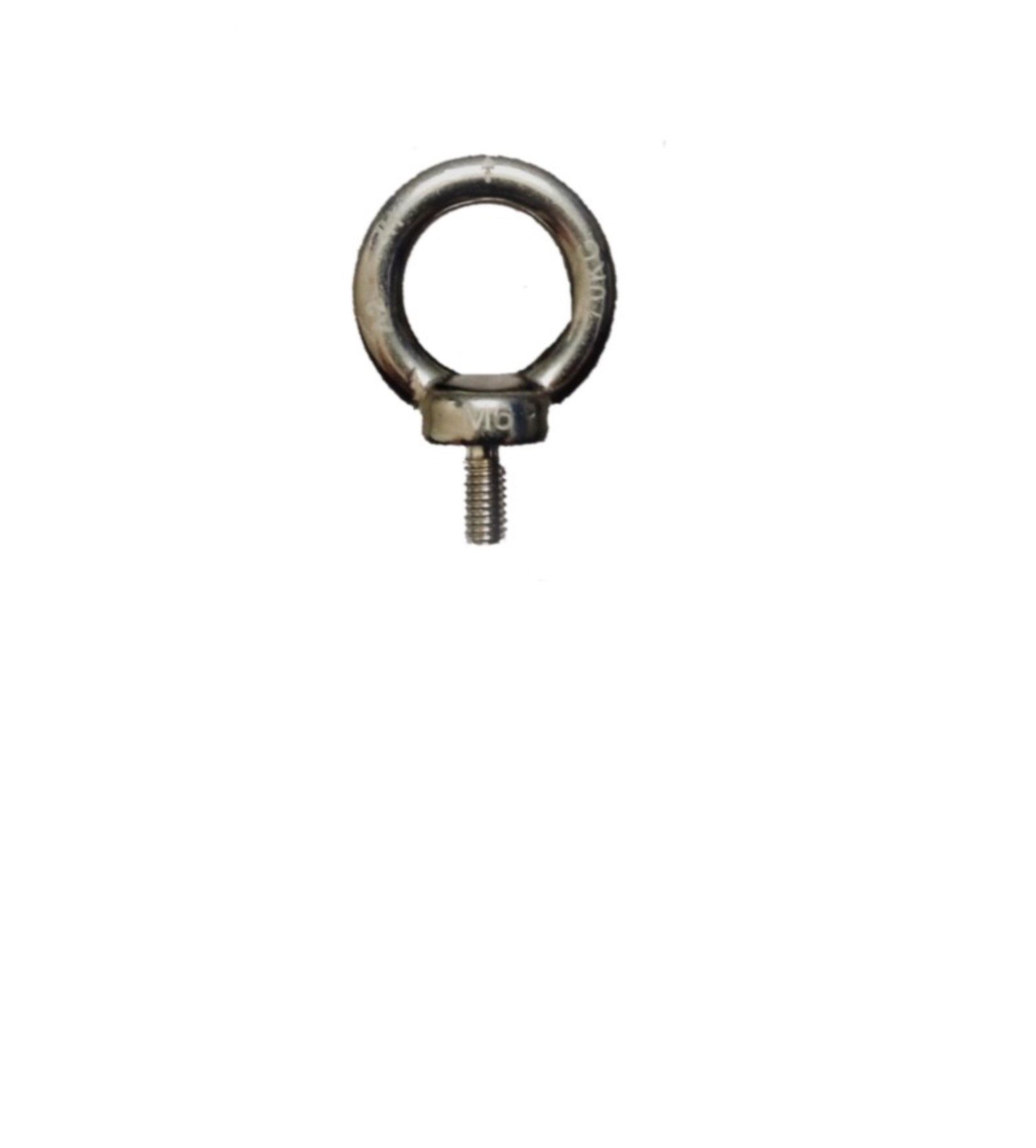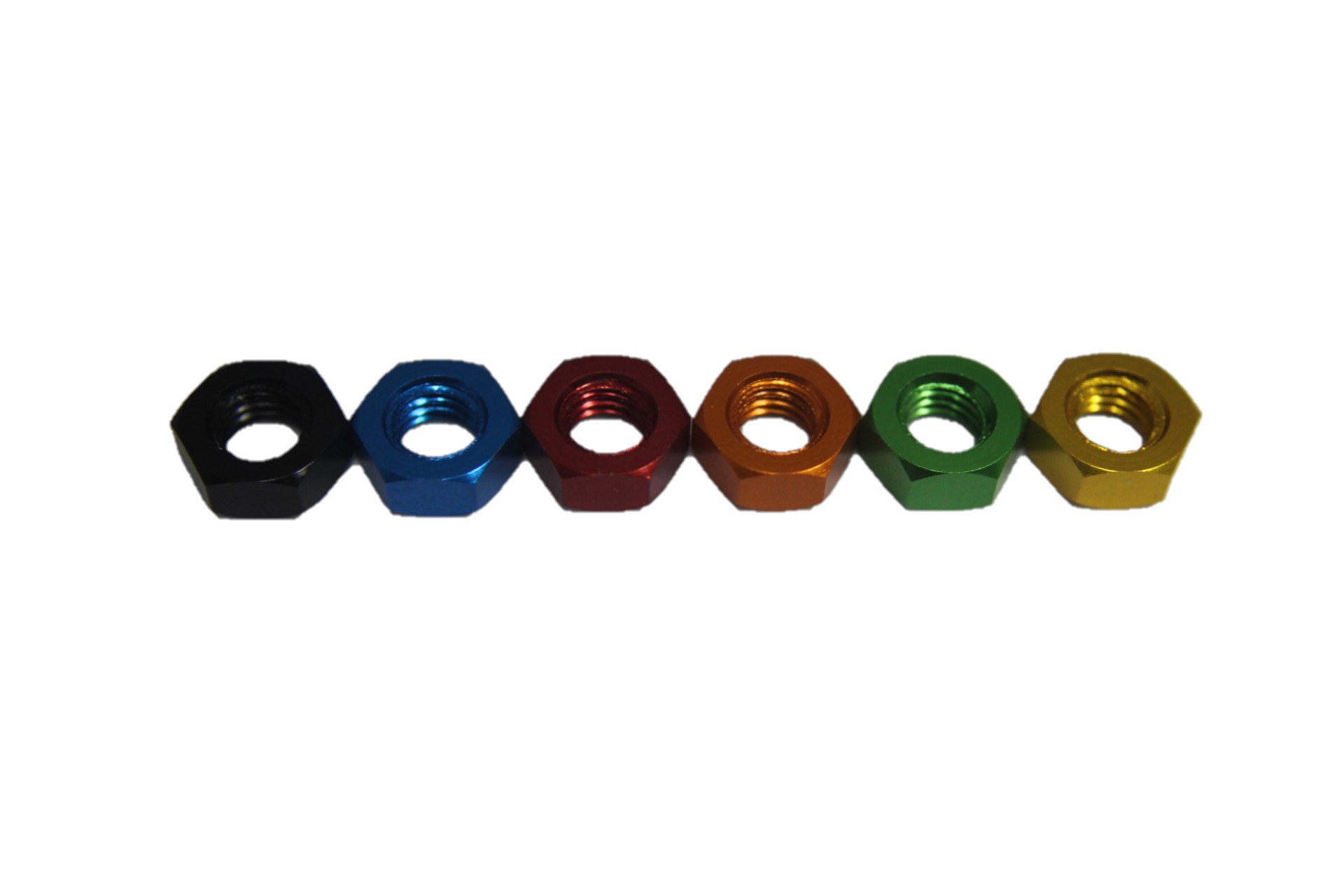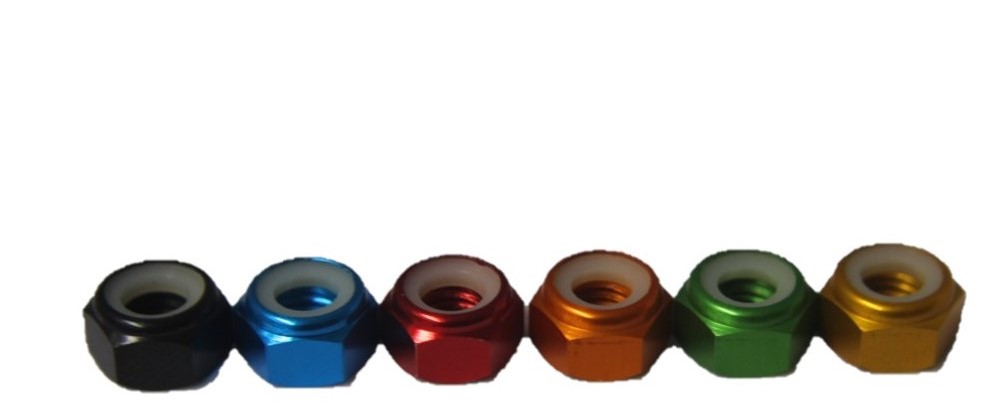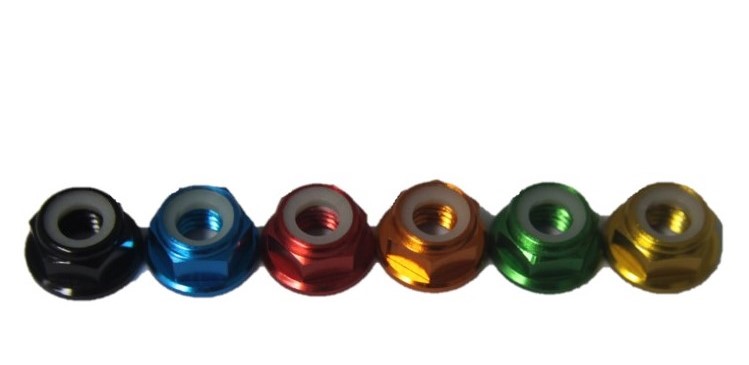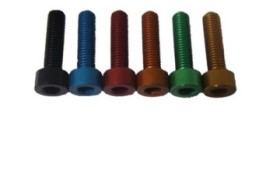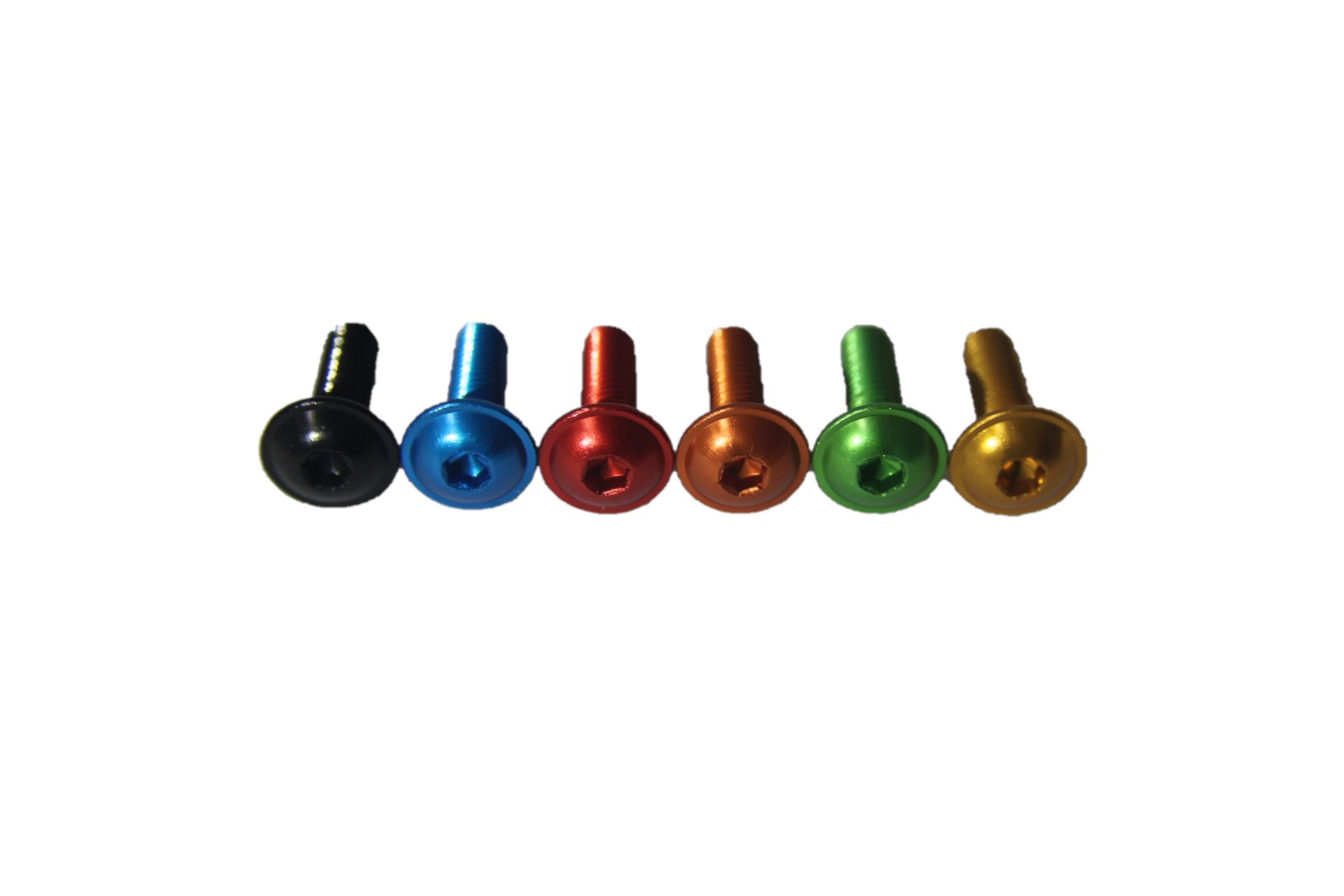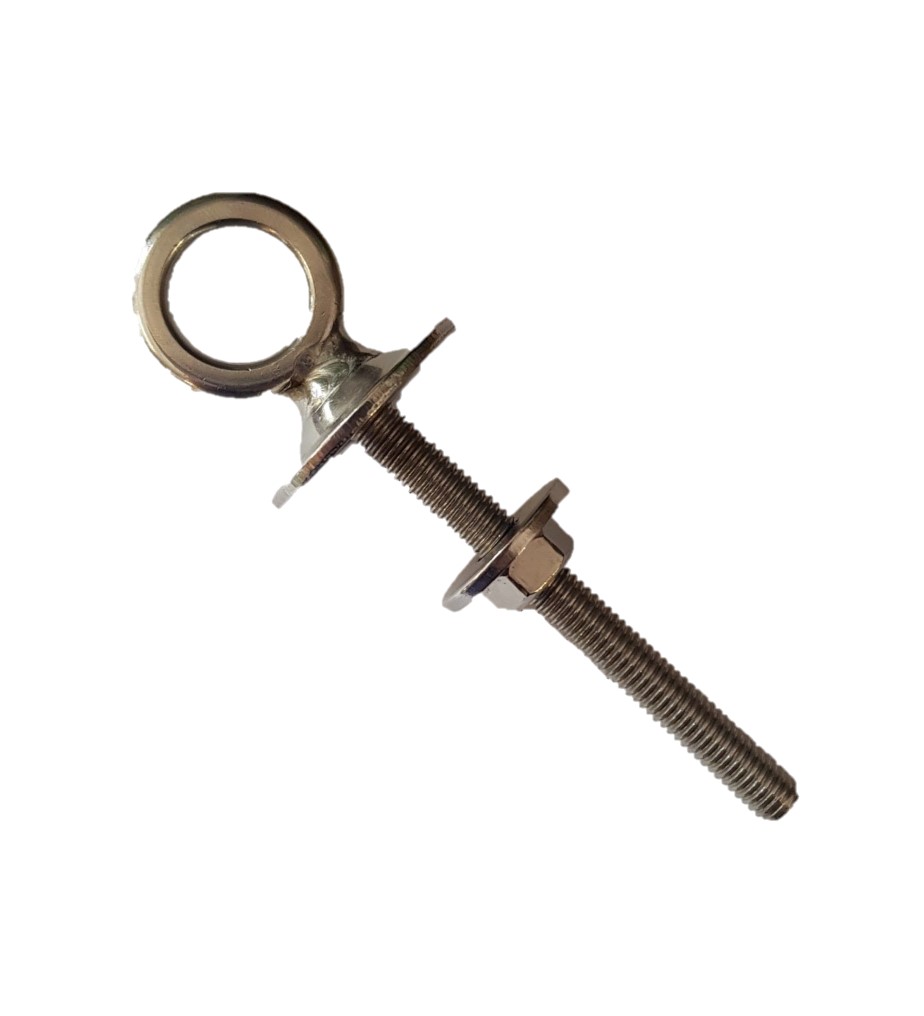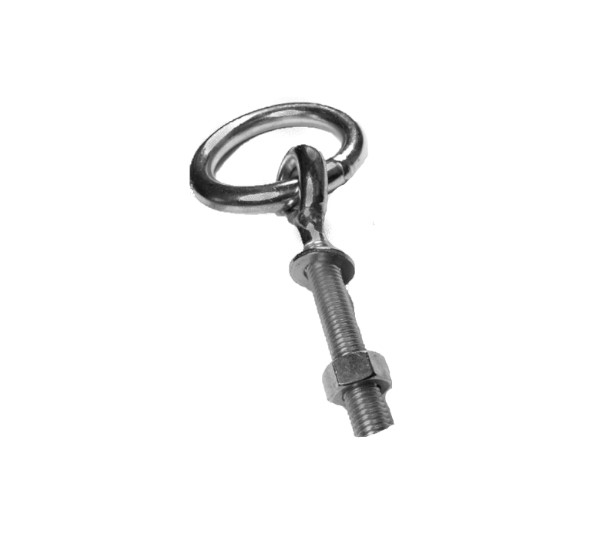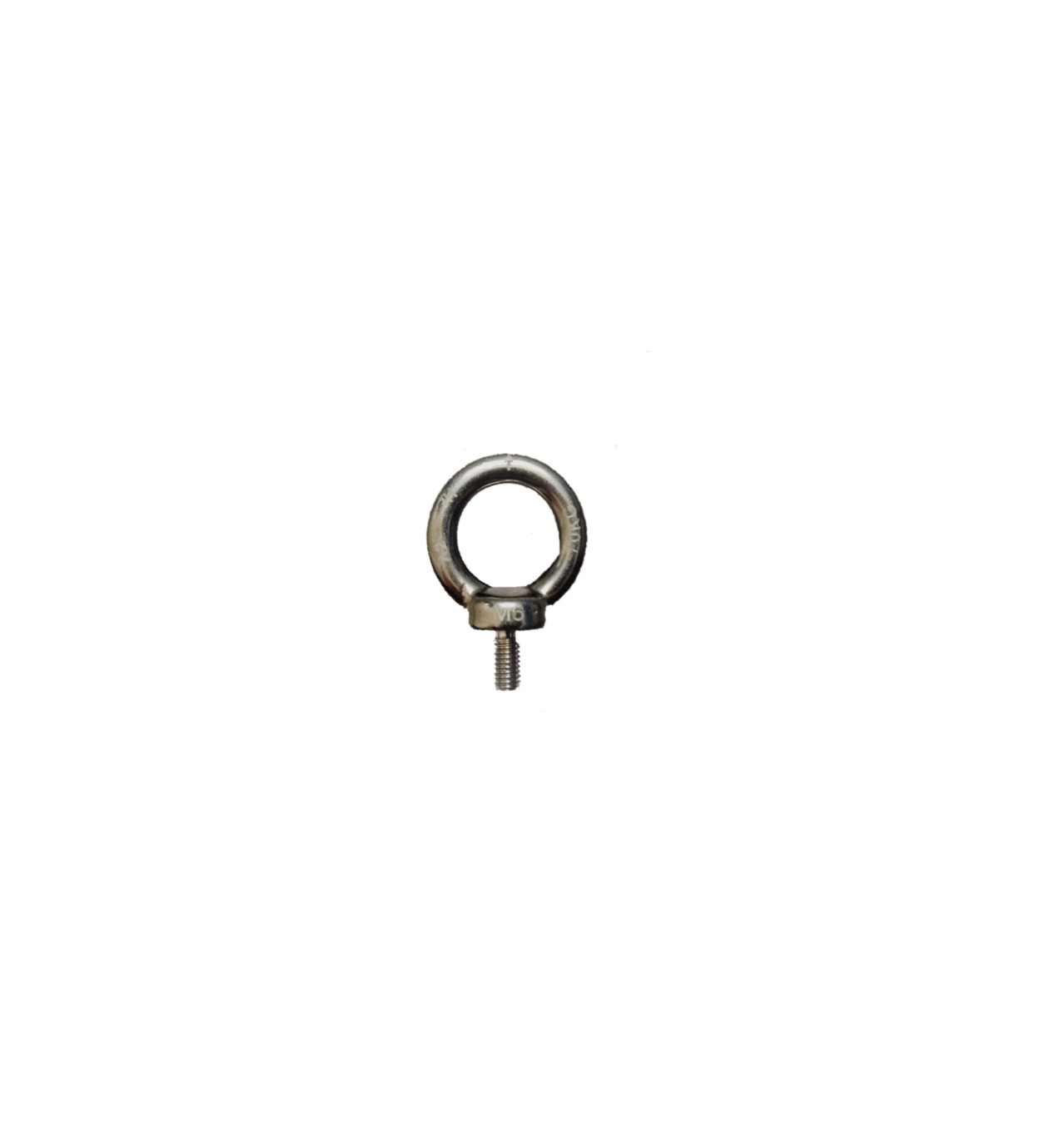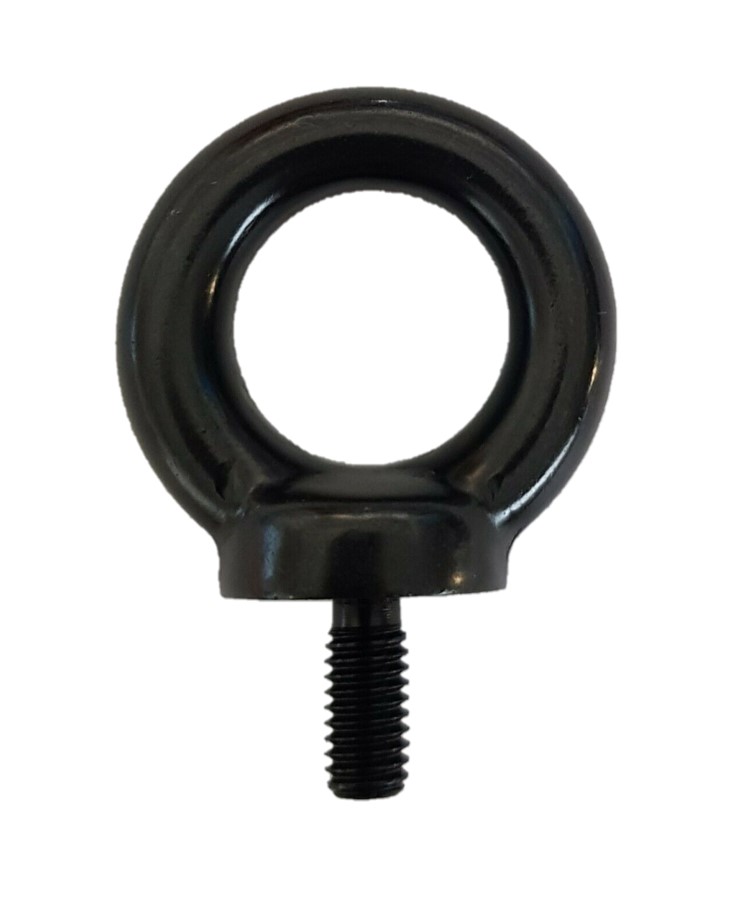Filter
–
Product Range
more articles in this category
1 Augbolzen Ösenschraube Ringbolzen Ringschraube EDELSTAHL A4 6X52 mit Kragen
1 Stück Augbolzen Augenschraube Ösenschraube Ringbolzen Ringschraube mit Holzgewinde und Kragen EDELSTAHL A4 6X52 massive Ausführung D:6 L1: 52mm L2: 38mm Ø: 20,5
€6.99*
1 Augbolzen Ösenschraube Ringbolzen Ringschraube EDELSTAHL A4 6X58 mit Kragen
1 Stück Augbolzen Augenschraube Ösenschraube Ringbolzen Ringschraube mit Holzgewinde und Kragen EDELSTAHL A4 6X58 massive Ausführung D:6 L1: 58mm L2: 38mm Ø: 20,5
€6.99*
1 Augbolzen Ösenschraube Ringbolzen Ringschraube EDELSTAHL A4 8X80 mit Kragen
1 Stück Augbolzen Augenschraube Ösenschraube Ringbolzen Ringschraube mit Holzgewinde und Kragen EDELSTAHL A4 8X80 massive Ausführung D:8 L1: 80mm L2: 55mm Ø: 24,8
€8.99*
1 Augbolzen Ösenschraube Ringbolzen Ringschraube EDELSTAHL A4 M10X100 mit Kragen
1 Stück Augbolzen Augenschraube Ösenschraube Ringbolzen Ringschraube EDELSTAHL A4 M10X100 massive Ausführung - mit metrischem Gewinde und Kragen + Sechskantmutter und Unterlegscheibe M10X100: L: 100mm GW: M10 Ø: 16,0
€10.99*
1 Augbolzen Ösenschraube Ringbolzen Ringschraube EDELSTAHL A4 M10X50 mit Kragen
1 Stück Augbolzen Augenschraube Ösenschraube Ringbolzen Ringschraube EDELSTAHL A4 M10X50 massive Ausführung - mit metrischem Gewinde und Kragen + Sechskantmutter und Unterlegscheibe M10X50: L: 50mm GW: M10 Ø: 16,0
€9.79*
1 Augbolzen Ösenschraube Ringbolzen Ringschraube EDELSTAHL A4 M10X80 mit Ring
1 Stück Augbolzen Augenschraube Ösenschraube Ringbolzen Ringschraube EDELSTAHL A4 M10X80 massive Ausführung - mit metrischem Gewinde und Ring + Sechskantmutter und Unterlegscheibe M10X80: T: 80mm L: 130mm - D1: 10mm - W: 50mm
€11.09*
1 Augbolzen Ösenschraube Ringbolzen Ringschraube EDELSTAHL A4 M12X100 mit Kragen
1 Stück Augbolzen Augenschraube Ösenschraube Ringbolzen Ringschraube EDELSTAHL A4 M12X100 massive Ausführung - mit metrischem Gewinde und Kragen + Sechskantmutter und Unterlegscheibe M12X100: L: 100mm GW: M12 Ø: 18,5
€15.99*
1 Augbolzen Ösenschraube Ringbolzen Ringschraube EDELSTAHL A4 M12X90 mit Ring
1 Stück Augbolzen Augenschraube Ösenschraube Ringbolzen Ringschraube EDELSTAHL A4 M12X90 massive Ausführung - mit metrischem Gewinde und Ring + Sechskantmutter und Unterlegscheibe M12X90: T: 90mm L: 150mm - D1: 12mm - W: 60mm
€13.79*
1 Augbolzen Ösenschraube Ringbolzen Ringschraube EDELSTAHL A4 M6X30 mit Kragen
1 Stück Augbolzen Augenschraube Ösenschraube Ringbolzen Ringschraube EDELSTAHL A4 M6X30 massive Ausführung - mit metrischem Gewinde und Kragen + Sechskantmutter und Unterlegscheibe M6X30: L: 30mm GW: M6 Ø: 12,0
€5.39*
1 Augbolzen Ösenschraube Ringbolzen Ringschraube EDELSTAHL A4 M6X55 mit Ring
1 Stück Augbolzen Augenschraube Ösenschraube Ringbolzen Ringschraube EDELSTAHL A4 M6X55 massive Ausführung - mit metrischem Gewinde und Ring + Sechskantmutter und Unterlegscheibe M6X55: T: 55mm L: 90mm - D1: 6mm - W: 35mm
€3.49*
1 Augbolzen Ösenschraube Ringbolzen Ringschraube EDELSTAHL A4 M6X60 mit Kragen
1 Stück Augbolzen Augenschraube Ösenschraube Ringbolzen Ringschraube EDELSTAHL A4 M6X60 massive Ausführung - mit metrischem Gewinde und Kragen + Sechskantmutter und Unterlegscheibe M6X60: L: 60mm GW: M6 Ø: 12,0
€5.59*
1 Augbolzen Ösenschraube Ringbolzen Ringschraube EDELSTAHL A4 M8X100 mit Kragen
1 Stück Augbolzen Augenschraube Ösenschraube Ringbolzen Ringschraube EDELSTAHL A4 M8X100 massive Ausführung - mit metrischem Gewinde und Kragen + Sechskantmutter und Unterlegscheibe M8X100: L: 100mm GW: M8 Ø: 14,0
€8.99*
1 Augbolzen Ösenschraube Ringbolzen Ringschraube EDELSTAHL A4 M8X35 mit Kragen
1 Stück Augbolzen Augenschraube Ösenschraube Ringbolzen Ringschraube EDELSTAHL A4 M8X35 massive Ausführung - mit metrischem Gewinde und Kragen + Sechskantmutter und Unterlegscheibe M8X35: L: 35mm GW: M8 Ø: 14,0
€6.99*
1 Augbolzen Ösenschraube Ringbolzen Ringschraube EDELSTAHL A4 M8X60 mit Ring
1 Stück Augbolzen Augenschraube Ösenschraube Ringbolzen Ringschraube EDELSTAHL A4 M8X60 massive Ausführung - mit metrischem Gewinde und Ring + Sechskantmutter und Unterlegscheibe M8X60: T: 60mm L: 100mm - D1: 8mm - W: 45mm
€5.59*
1 Augbolzen Ösenschraube Ringbolzen Ringschraube EDELSTAHL A4 M8X80 mit Kragen
1 Stück Augbolzen Augenschraube Ösenschraube Ringbolzen Ringschraube EDELSTAHL A4 M8X80 massive Ausführung - mit metrischem Gewinde und Kragen + Sechskantmutter und Unterlegscheibe M8X80: L: 80mm GW: M8 Ø: 14,0
€7.69*
1 pc Lifting Eye Bolt DIN 580 stainless steel A2 forged M10
1 Stück Ringschraube DIN 580 EDELSTAHL A2 MASSIVE GESCHMIEDETE AUSFÜHRUNG M10 Maße (Zeichnung siehe Fotoübersicht): M10: l: 17mm - d2: 25mm - d3: 45mm - d4: 25mm - h: 45mm - e: 8mm TRAGFÄHIGKEIT 230kg
€5.59*
1 pc Lifting Eye bolt DIN 580 stainless steel A2 forged M10 BLACK
1 Stück Ringschraube DIN 580 EDELSTAHL A2 SCHWARZ MASSIVE GESCHMIEDETE AUSFÜHRUNG M10 Maße (Zeichnung siehe Fotoübersicht): M10: l: 17mm - d2: 25mm - d3: 45mm - d4: 25mm - h: 45mm - e: 8mm TRAGFÄHIGKEIT 230kg
€10.79*
1 pc Lifting Eye Bolt DIN 580 stainless steel A2 forged M12
1 Stück Ringschraube DIN 580 EDELSTAHL A2 MASSIVE GESCHMIEDETE AUSFÜHRUNG M12 Maße (Zeichnung siehe Fotoübersicht): M12: l: 20,5mm - d2: 30mm - d3: 54mm - d4: 30mm - h: 53mm - e: 10mm TRAGFÄHIGKEIT 340kg
€6.99*
1 pc Lifting Eye bolt DIN 580 stainless steel A2 forged M12 BLACK
1 Stück Ringschraube DIN 580 EDELSTAHL A2 SCHWARZ MASSIVE GESCHMIEDETE AUSFÜHRUNG M12 Maße (Zeichnung siehe Fotoübersicht): M12: l: 20,5mm - d2: 30mm - d3: 54mm - d4: 30mm - h: 53mm - e: 10mm TRAGFÄHIGKEIT 340kg
€13.19*
1 pc Lifting Eye Bolt DIN 580 stainless steel A2 forged M16
1 Stück Ringschraube DIN 580 EDELSTAHL A2 MASSIVE GESCHMIEDETE AUSFÜHRUNG M16 Maße (Zeichnung siehe Fotoübersicht): M16: l: 27mm - d2: 35mm - d3: 63mm - d4: 35mm - h: 62mm - e: 12mm TRAGFÄHIGKEIT 700kg
€13.79*
1 pc Lifting Eye bolt DIN 580 stainless steel A2 forged M16 BLACK
1 Stück Ringschraube DIN 580 EDELSTAHL A2 SCHWARZ MASSIVE GESCHMIEDETE AUSFÜHRUNG M16 Maße (Zeichnung siehe Fotoübersicht): M16: l: 27mm - d2: 35mm - d3: 63mm - d4: 35mm - h: 62mm - e: 12mm TRAGFÄHIGKEIT 700kg
€17.99*
1 pc Lifting Eye bolt DIN 580 stainless steel A2 forged M20 BLACK
1 Stück Ringschraube DIN 580 EDELSTAHL A2 SCHWARZ MASSIVE GESCHMIEDETE AUSFÜHRUNG M20 Maße (Zeichnung siehe Fotoübersicht): M20: l: 30mm - d2: 40mm - d3: 72mm - d4: 40mm - h: 71mm - e: 14mm TRAGFÄHIGKEIT 1.200kg
€23.99*
1 pc Lifting Eye bolt DIN 580 stainless steel A2 forged M6
1 Stück Ringschraube DIN 580 EDELSTAHL A2 MASSIVE GESCHMIEDETE AUSFÜHRUNG M6 Maße (Zeichnung siehe Fotoübersicht): M6: l: 11mm - d2: 16mm - d3: 27mm - d4: 16mm - h: 31mm - e: 6mm TRAGFÄHIGKEIT 70kg
€2.79*
1 pc Lifting Eye bolt DIN 580 stainless steel A2 forged M6 BLACK
1 Stück Ringschraube DIN 580 EDELSTAHL A2 SCHWARZ MASSIVE GESCHMIEDETE AUSFÜHRUNG M6 Maße (Zeichnung siehe Fotoübersicht): M6: l: 11mm - d2: 16mm - d3: 27mm - d4: 16mm - h: 31mm - e: 6mm TRAGFÄHIGKEIT 70kg
€5.99*


